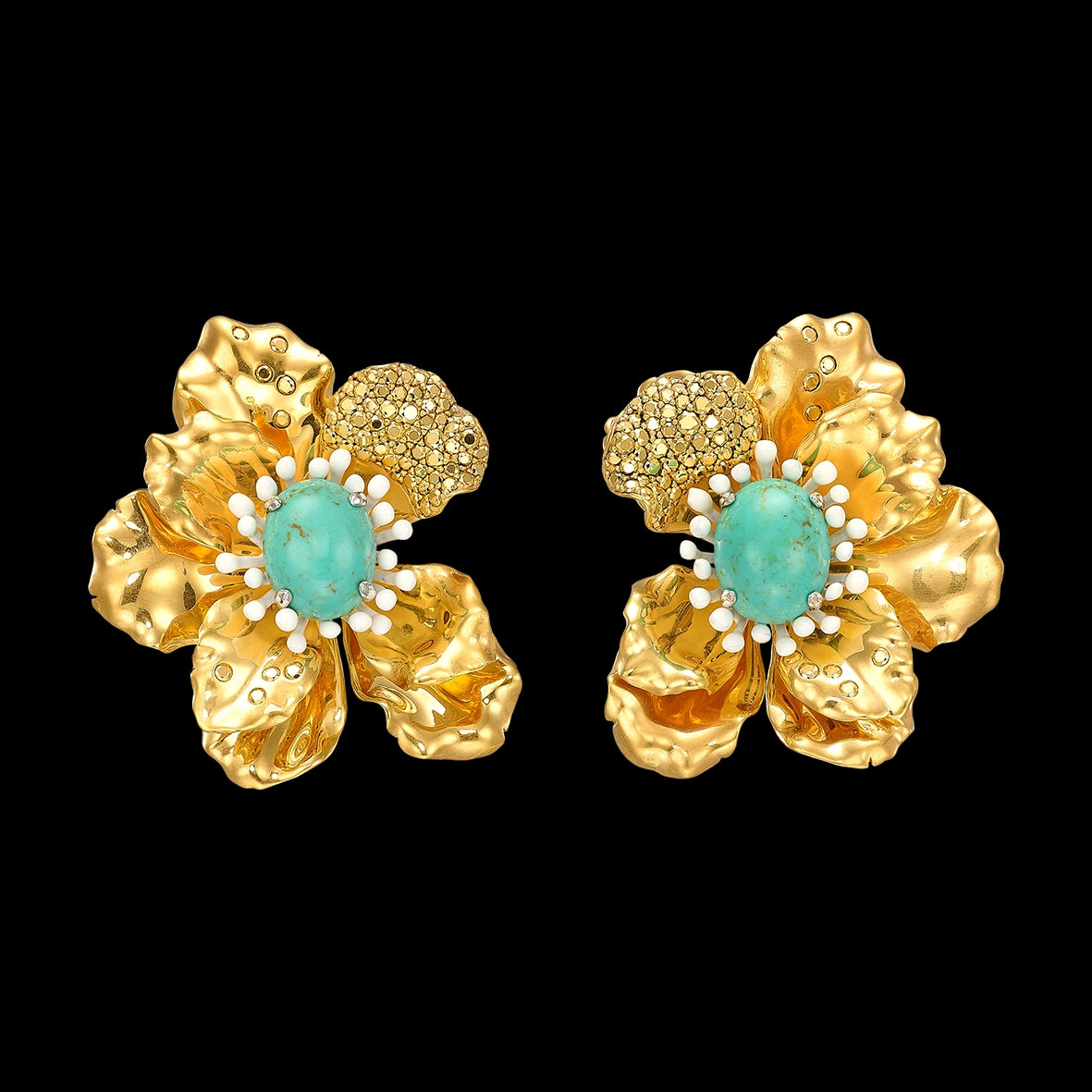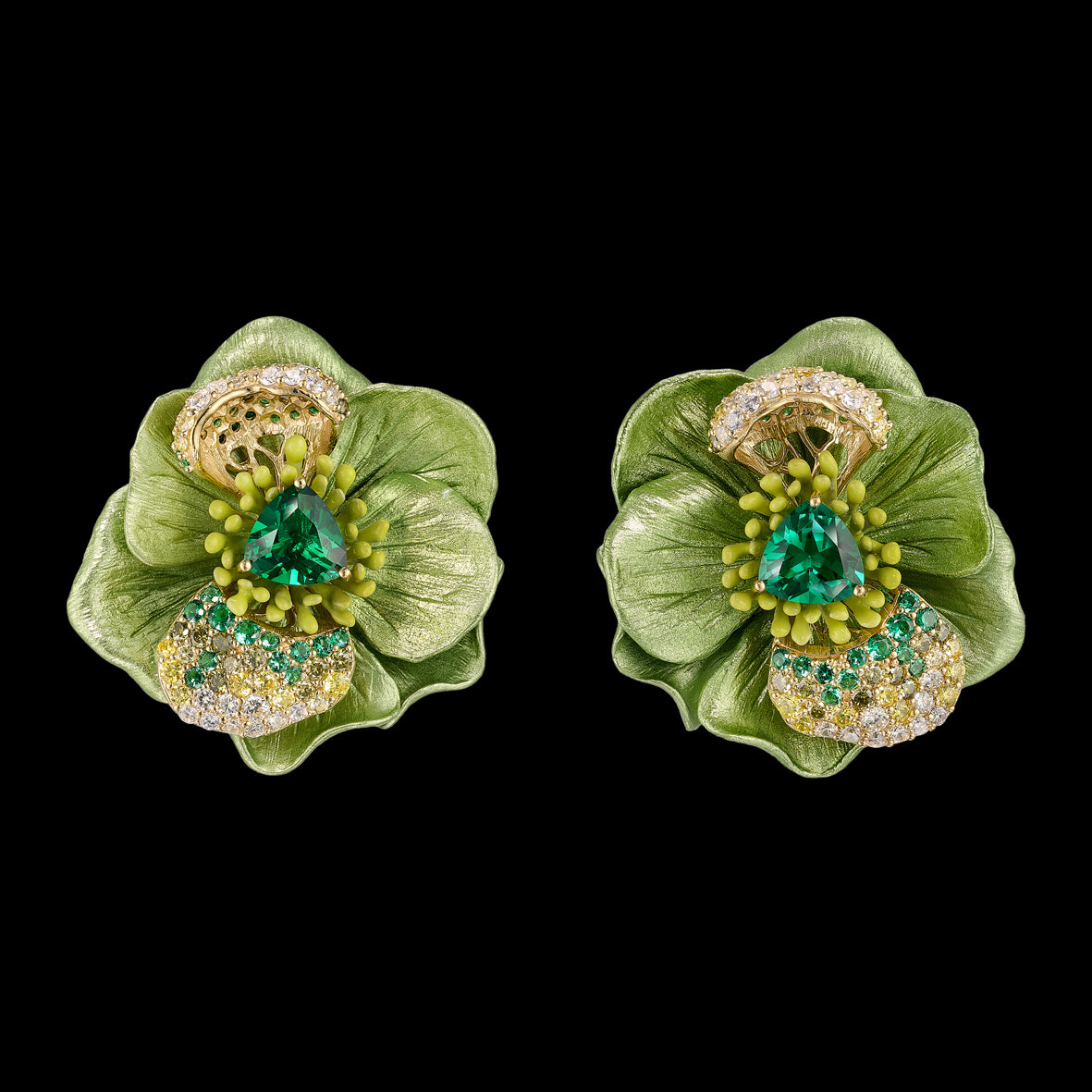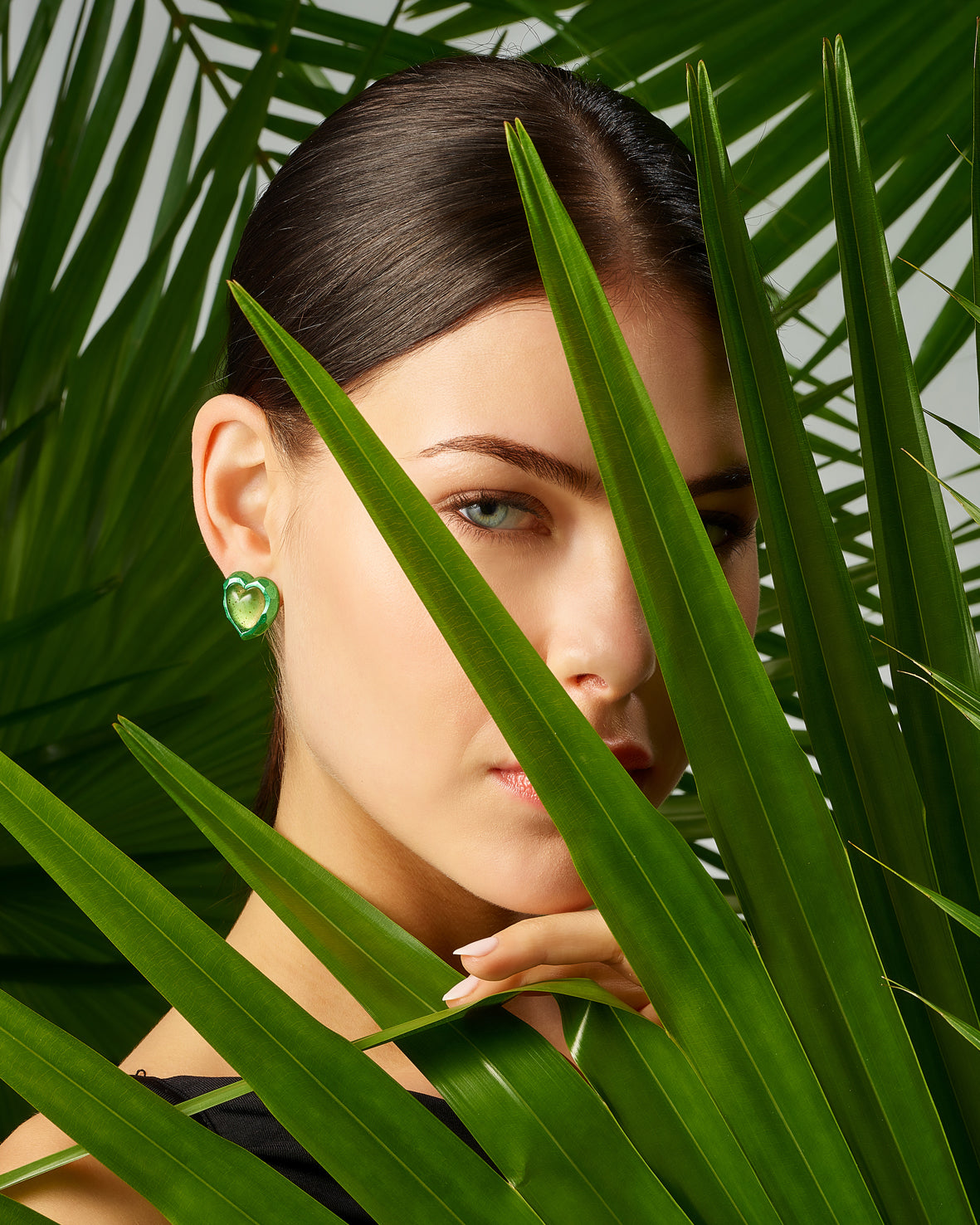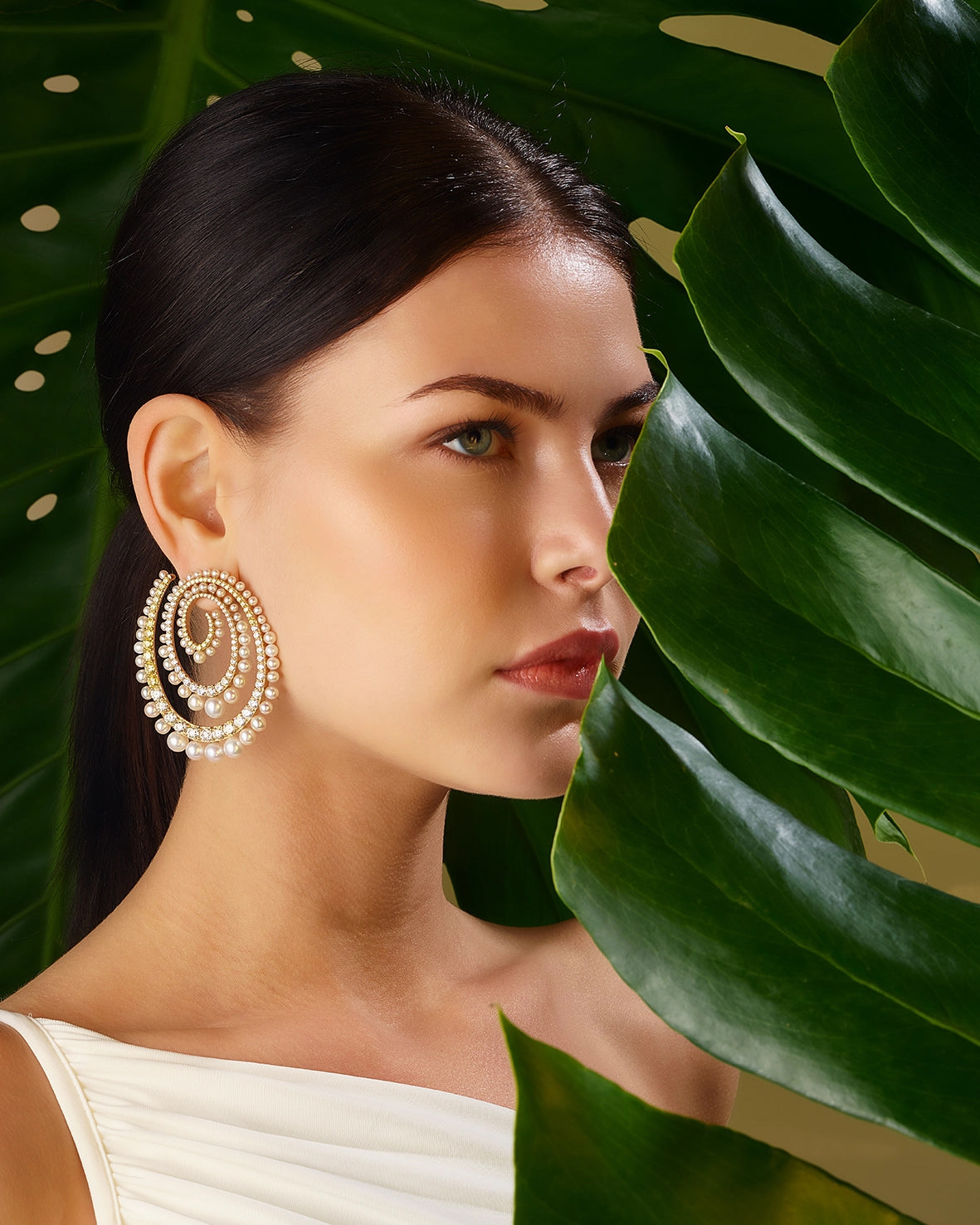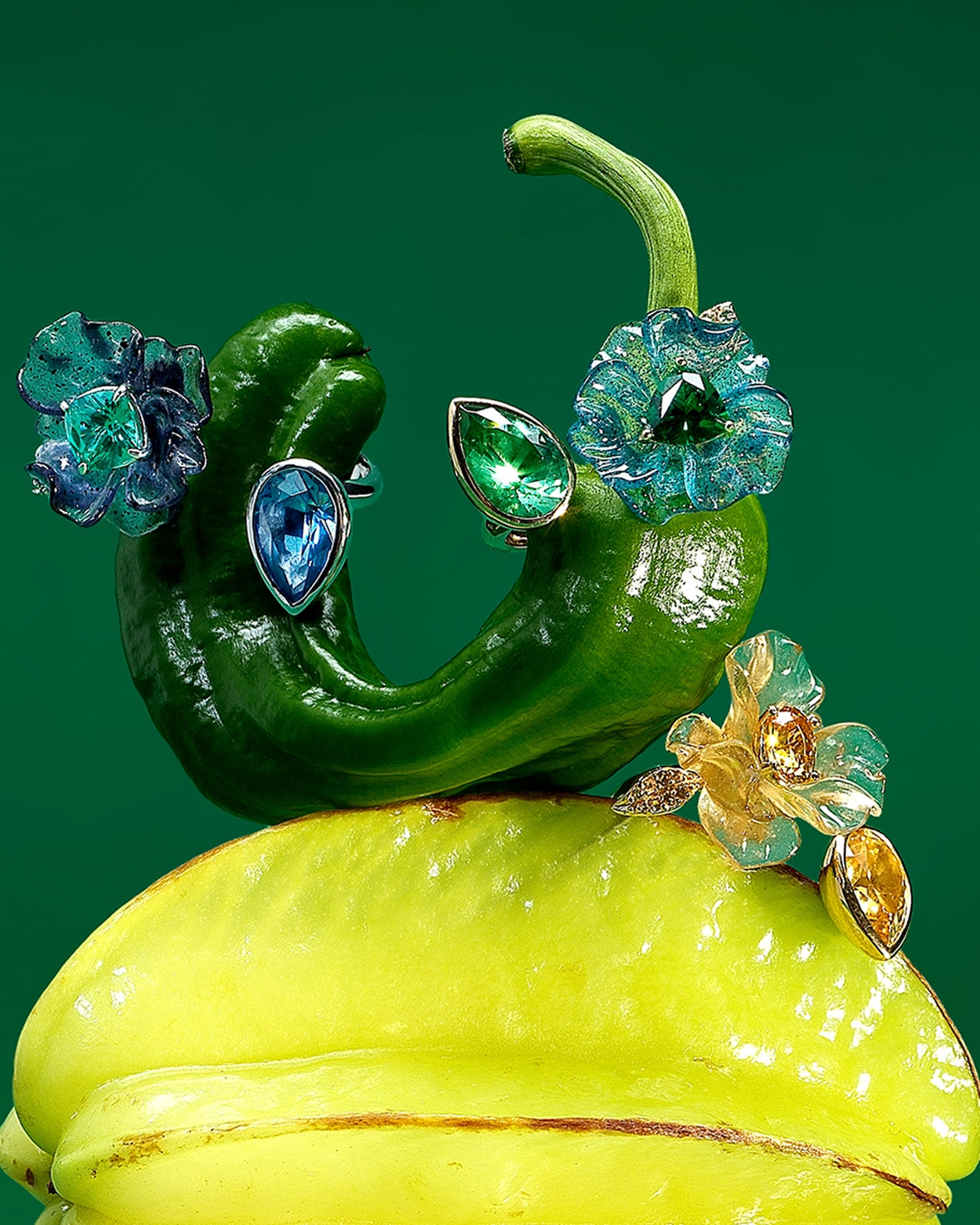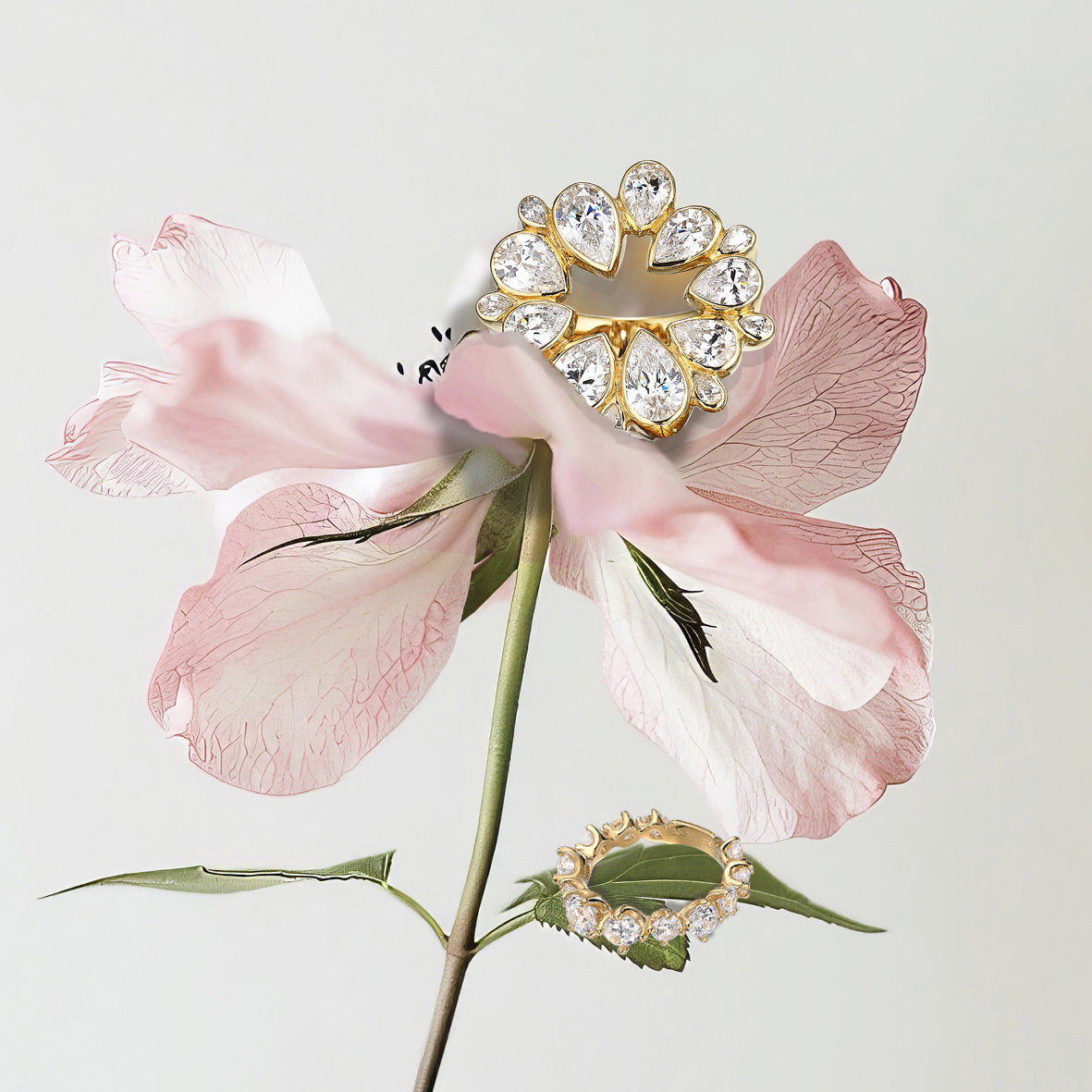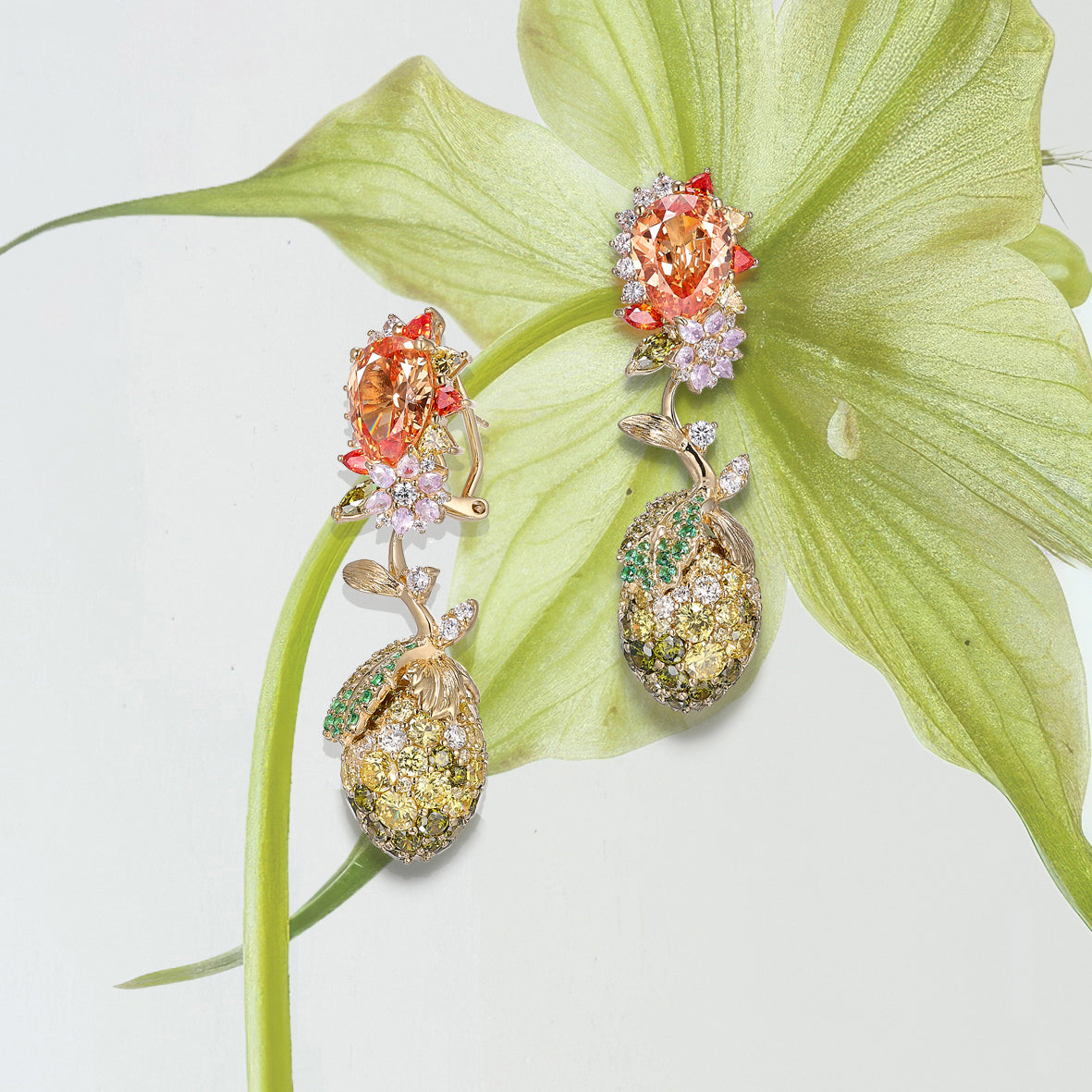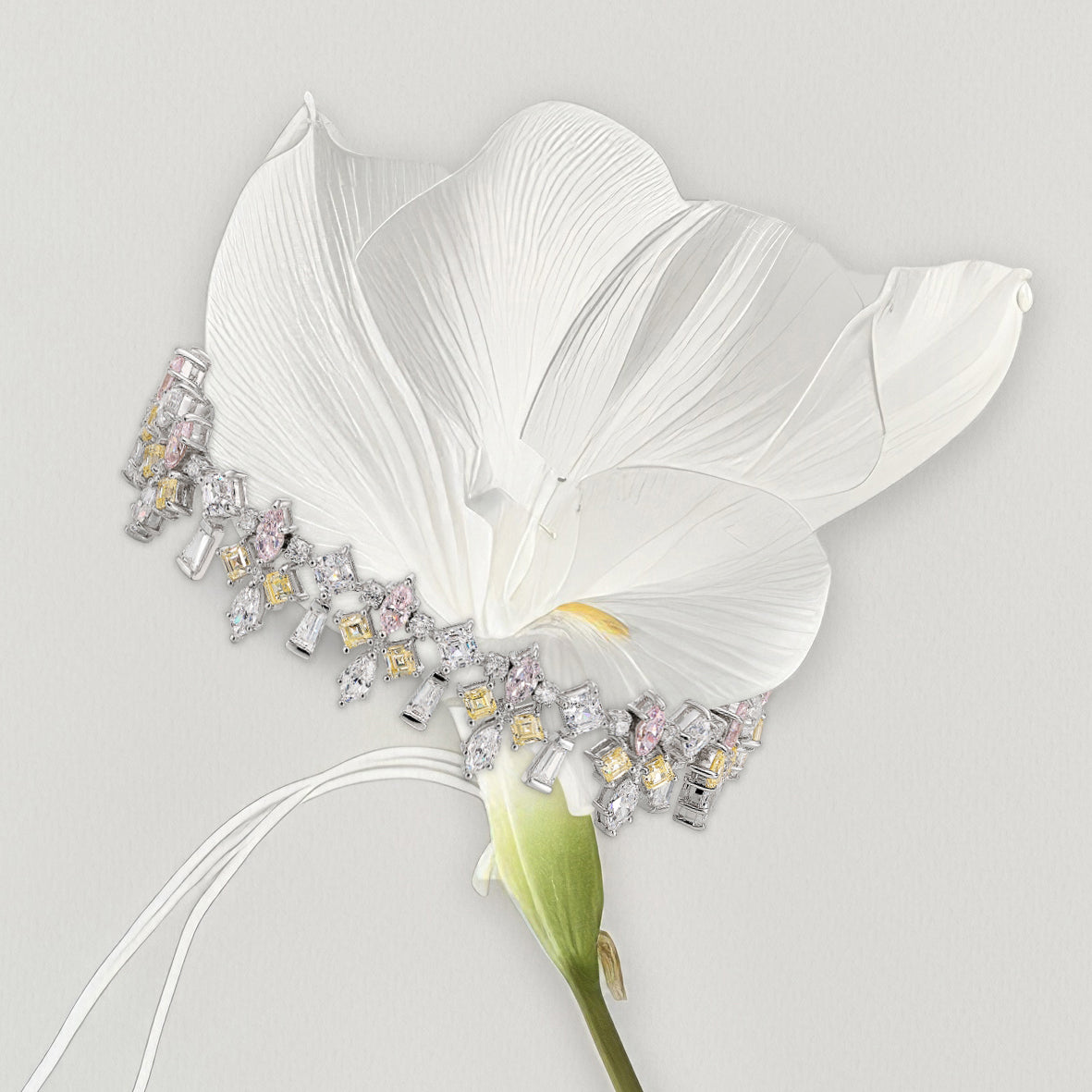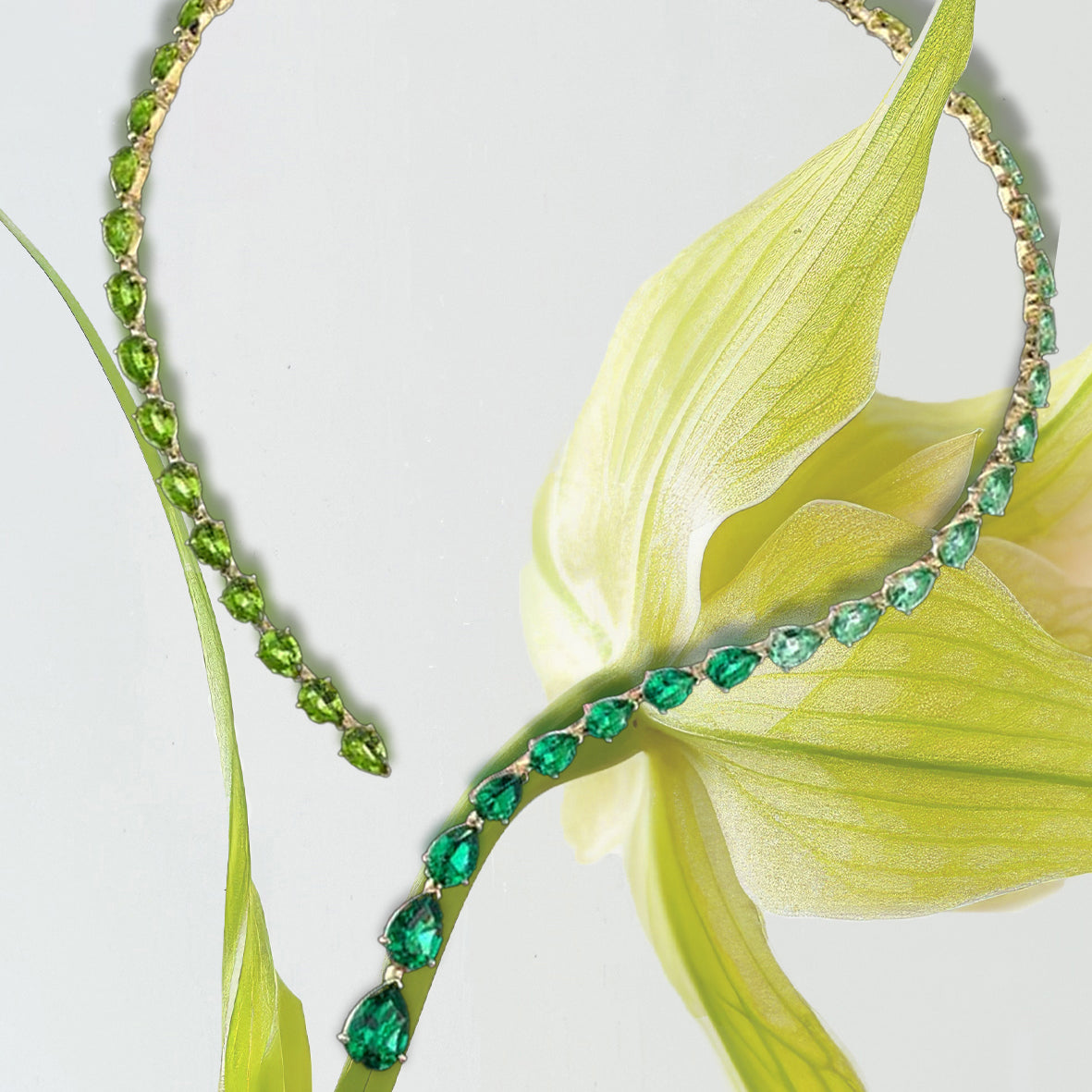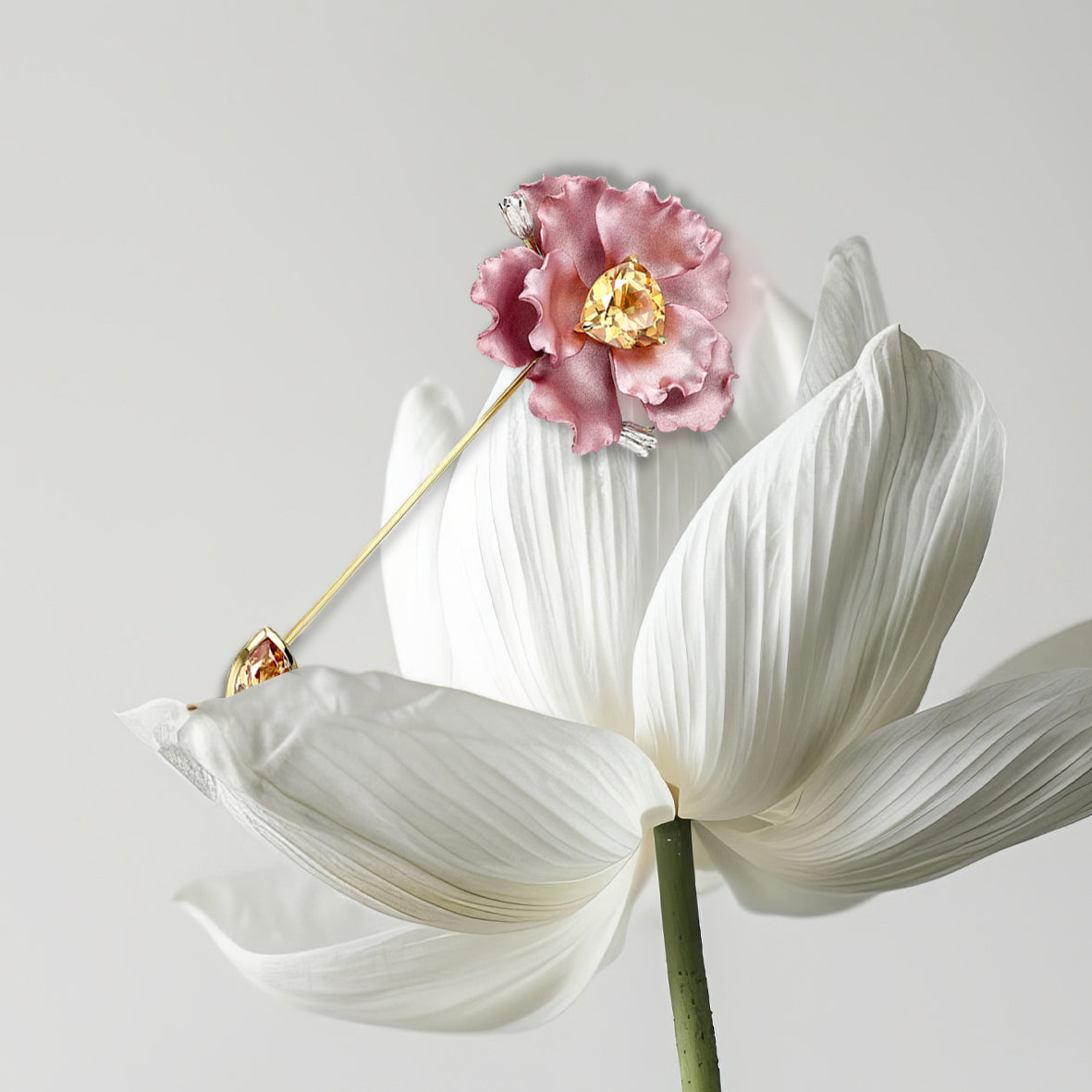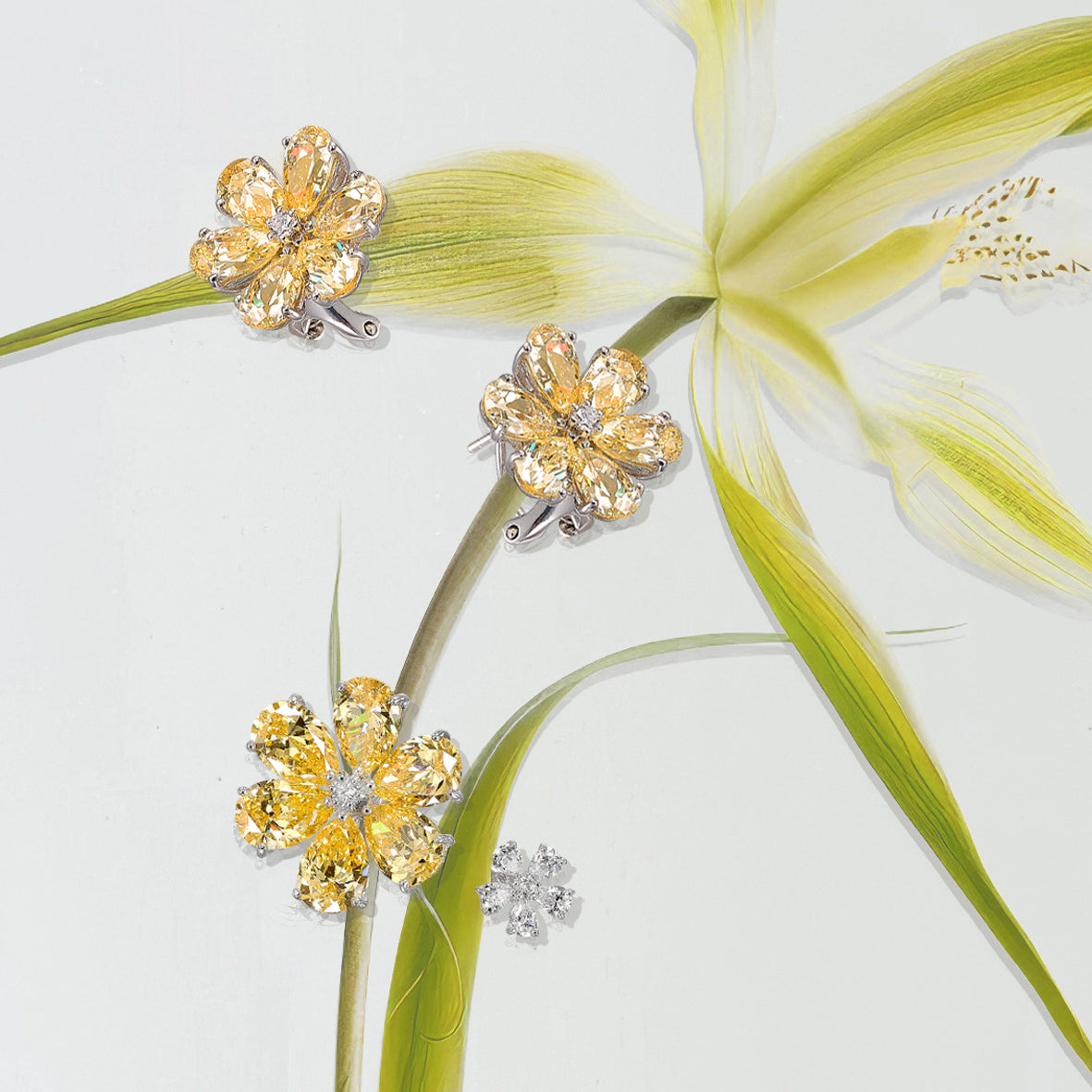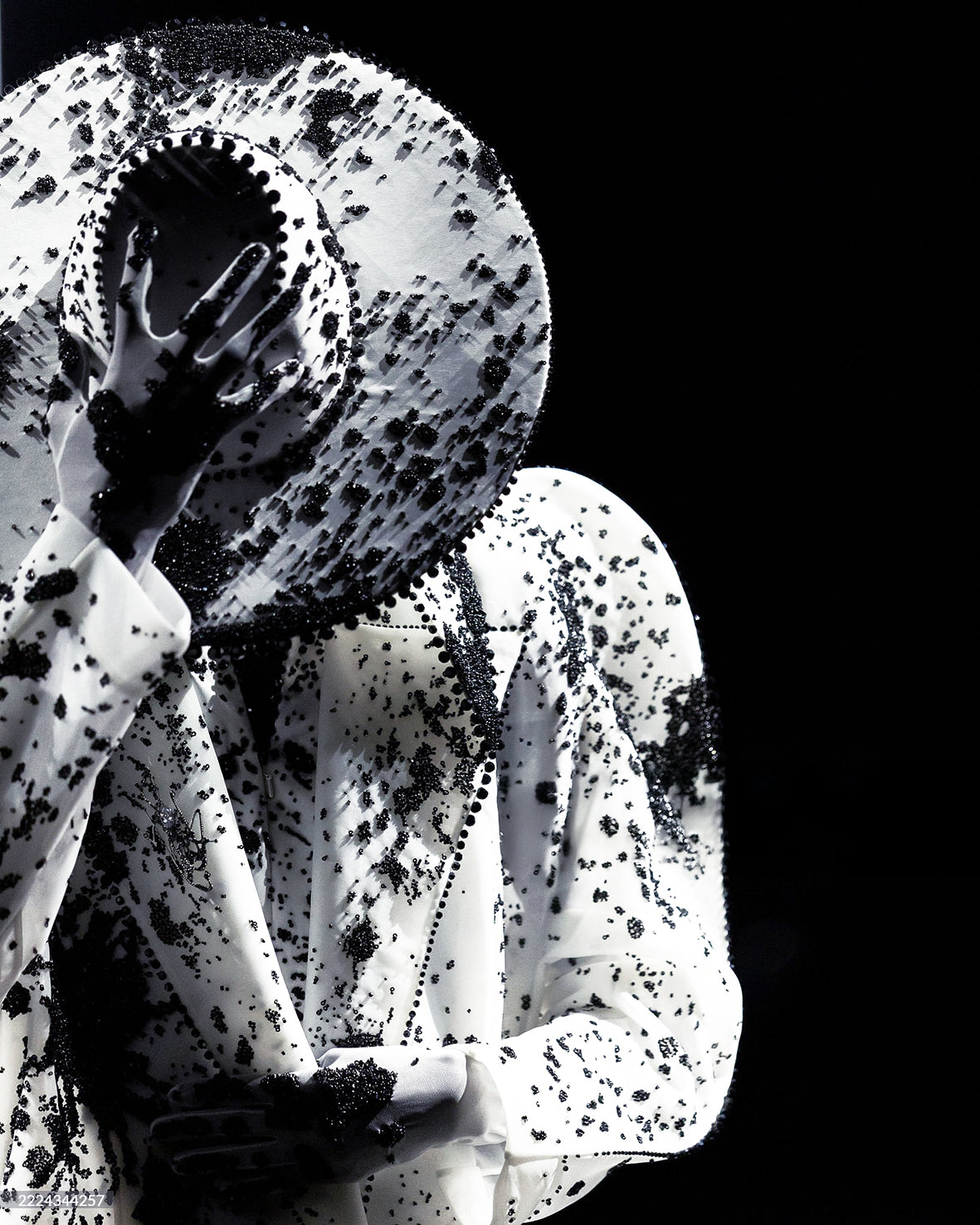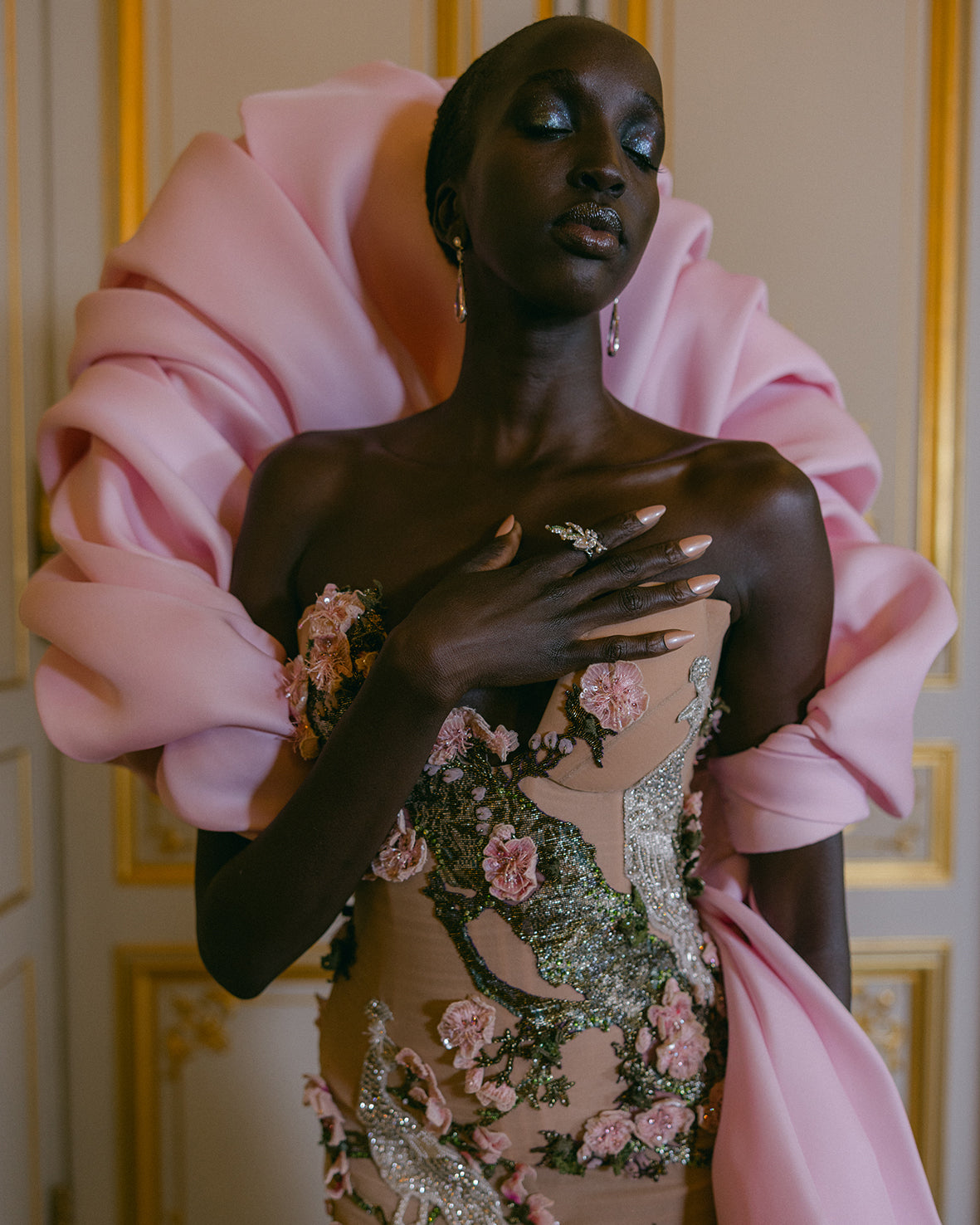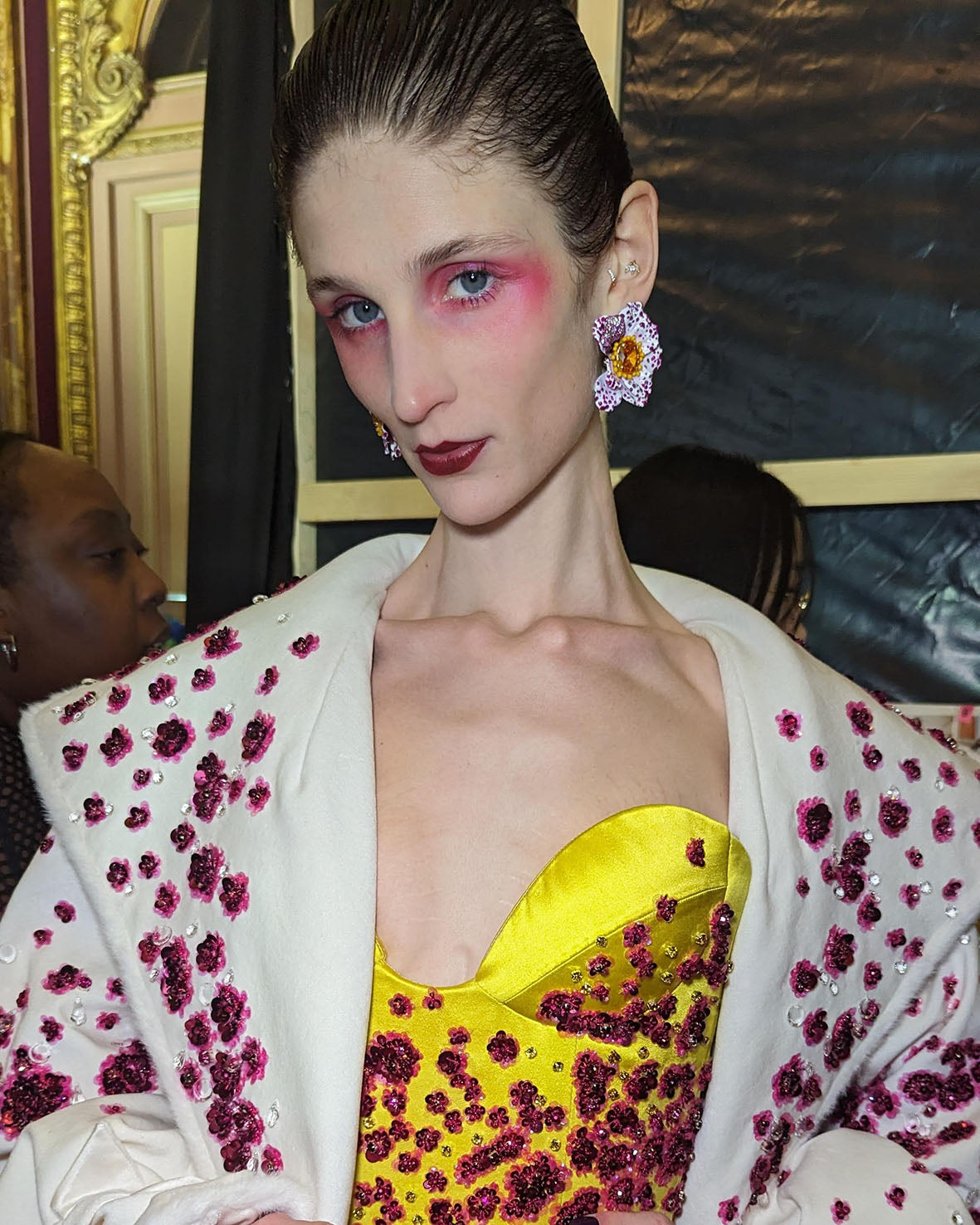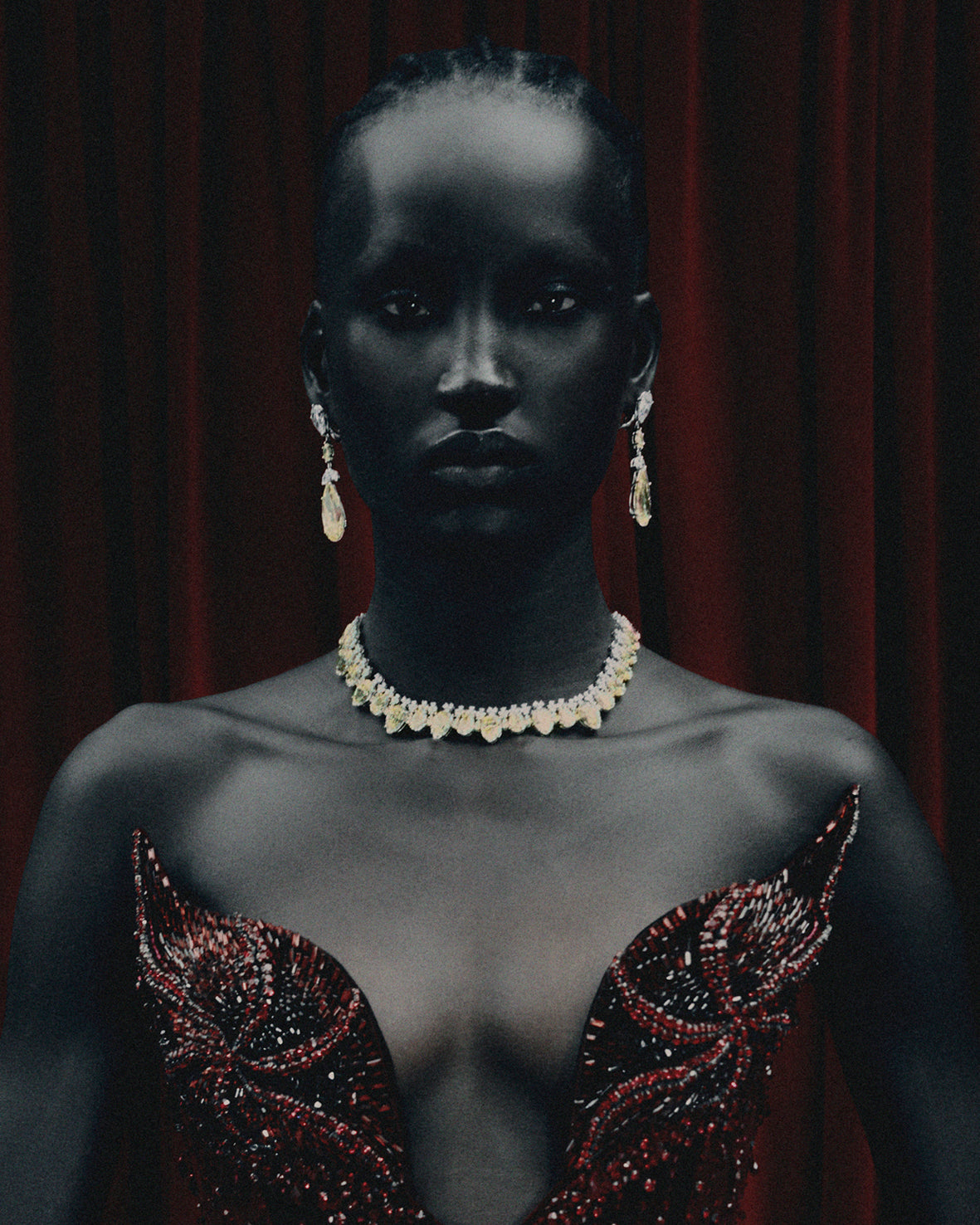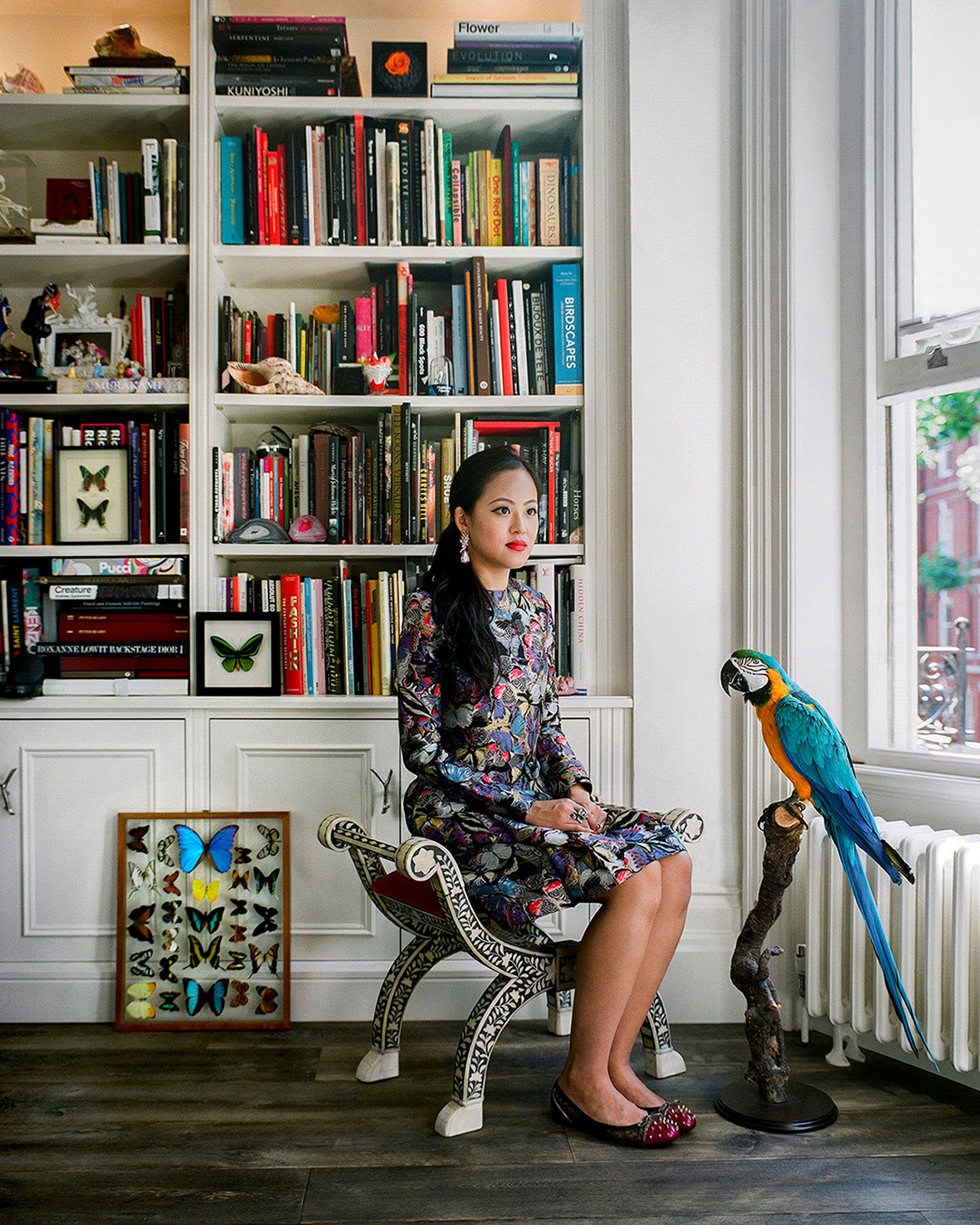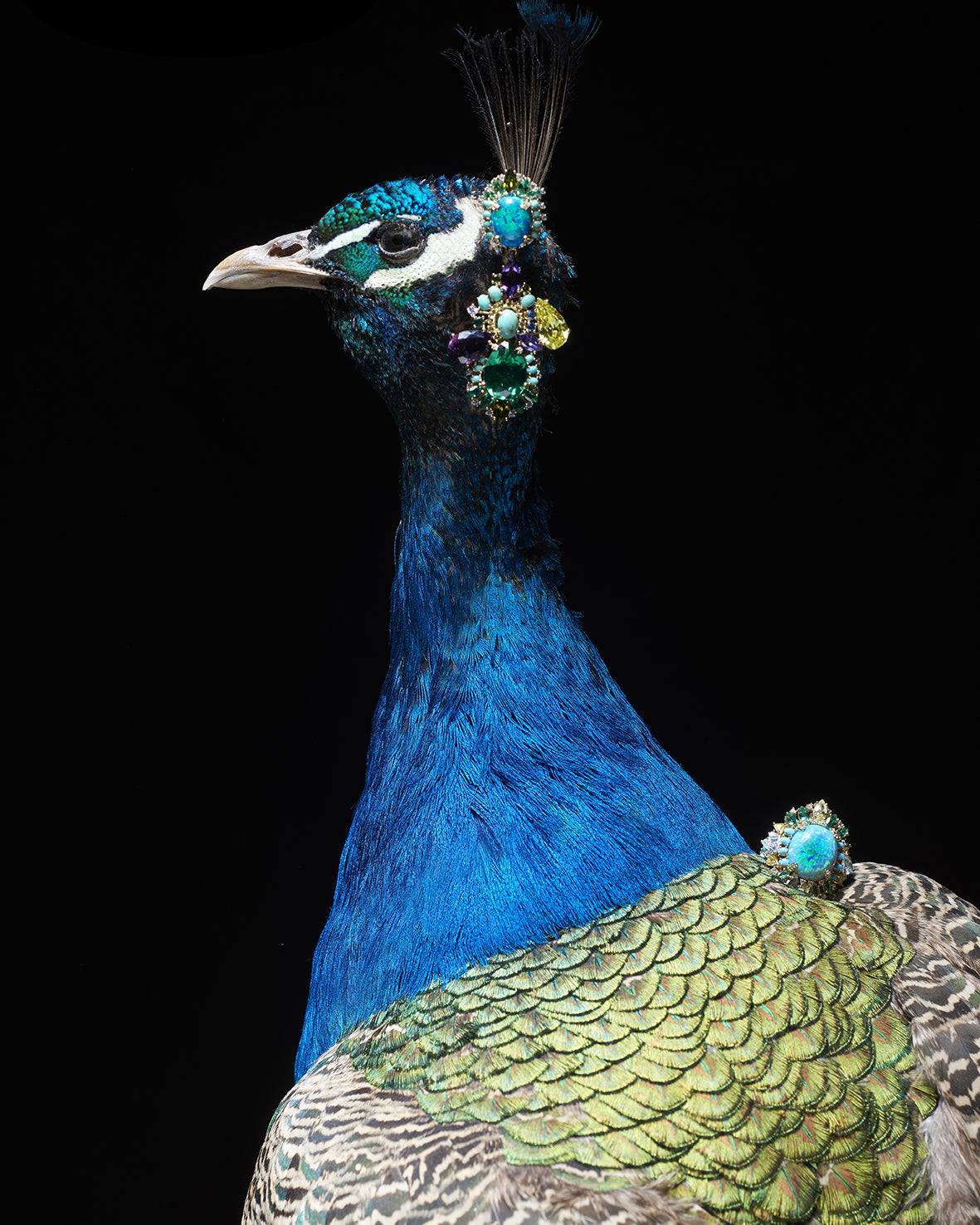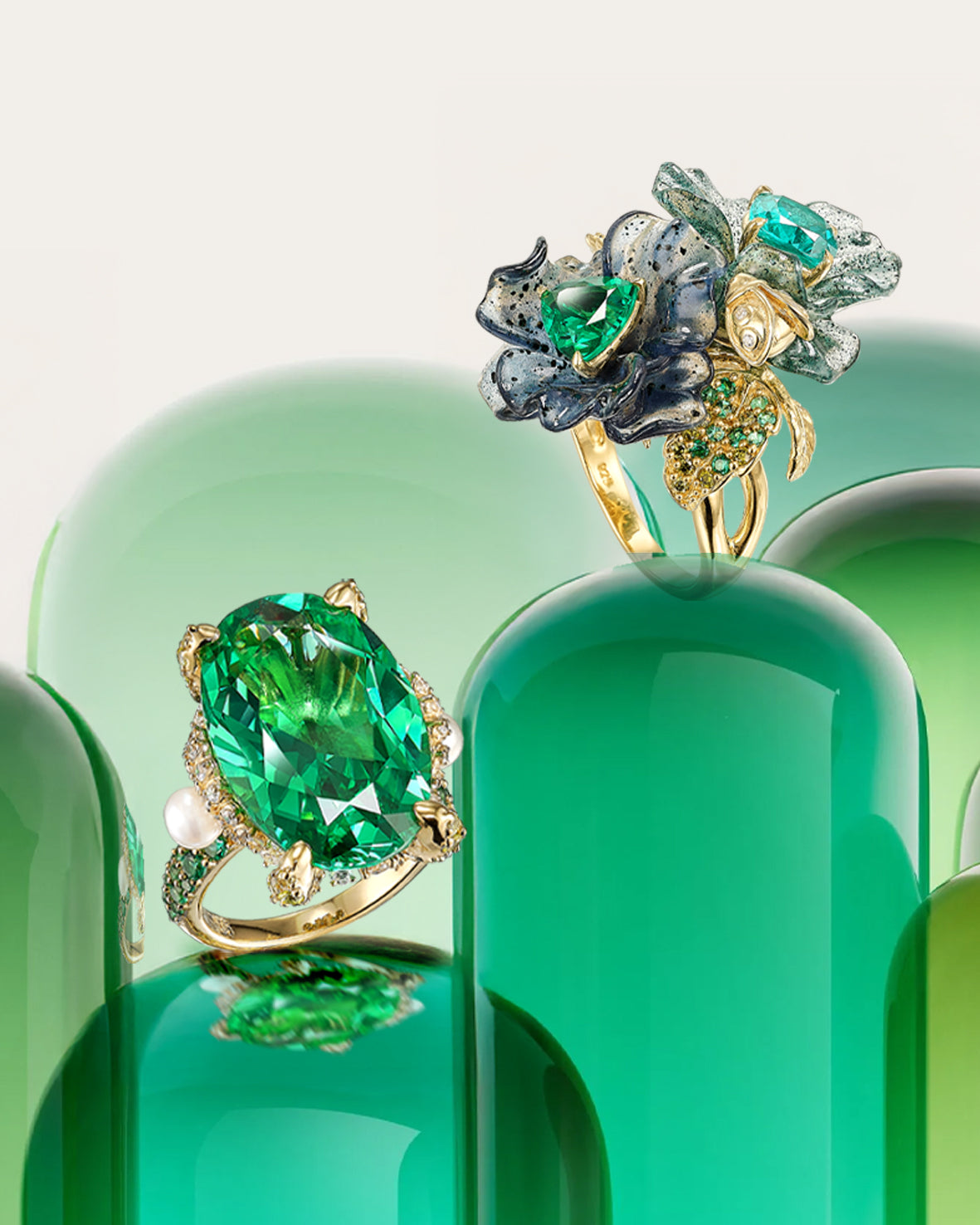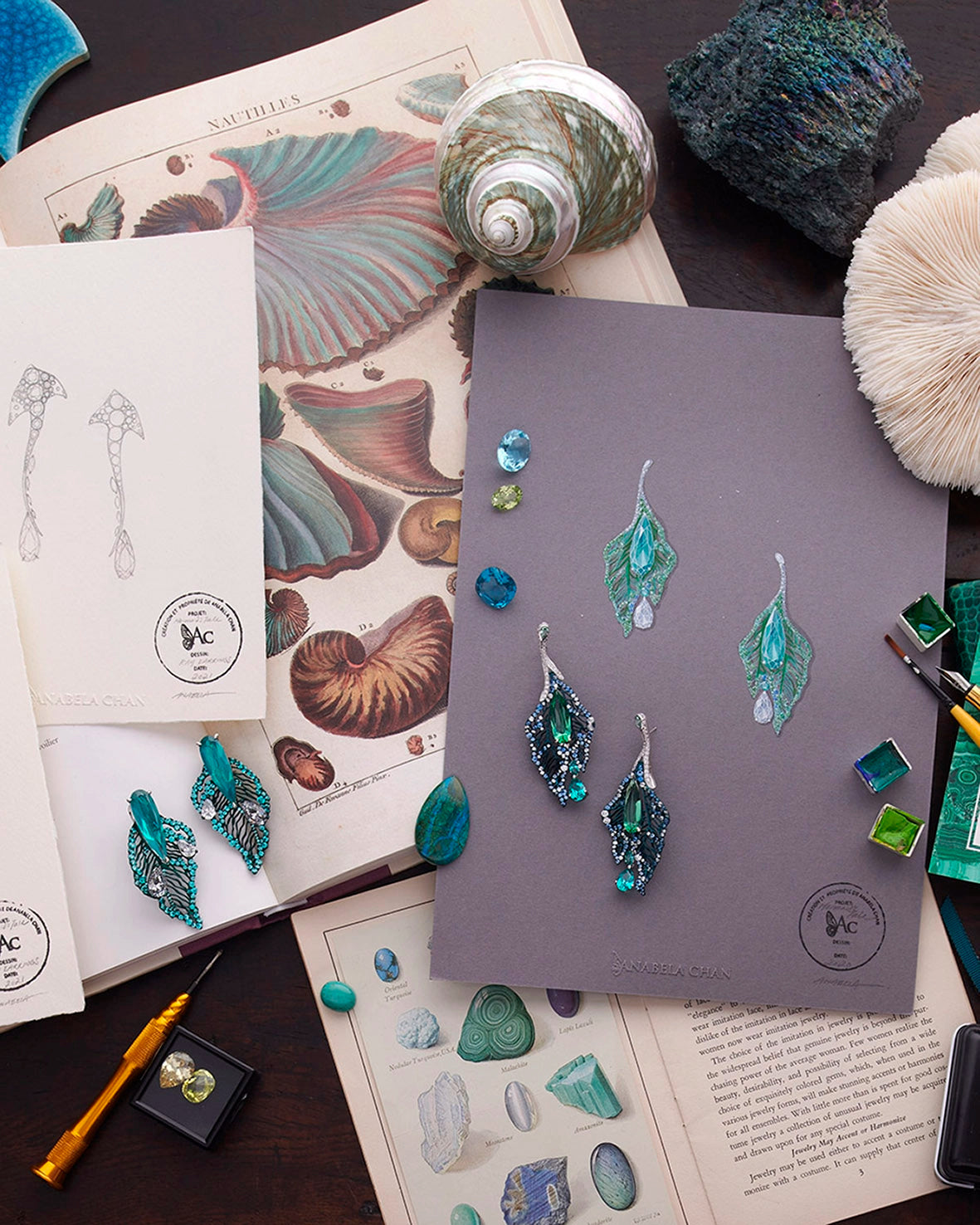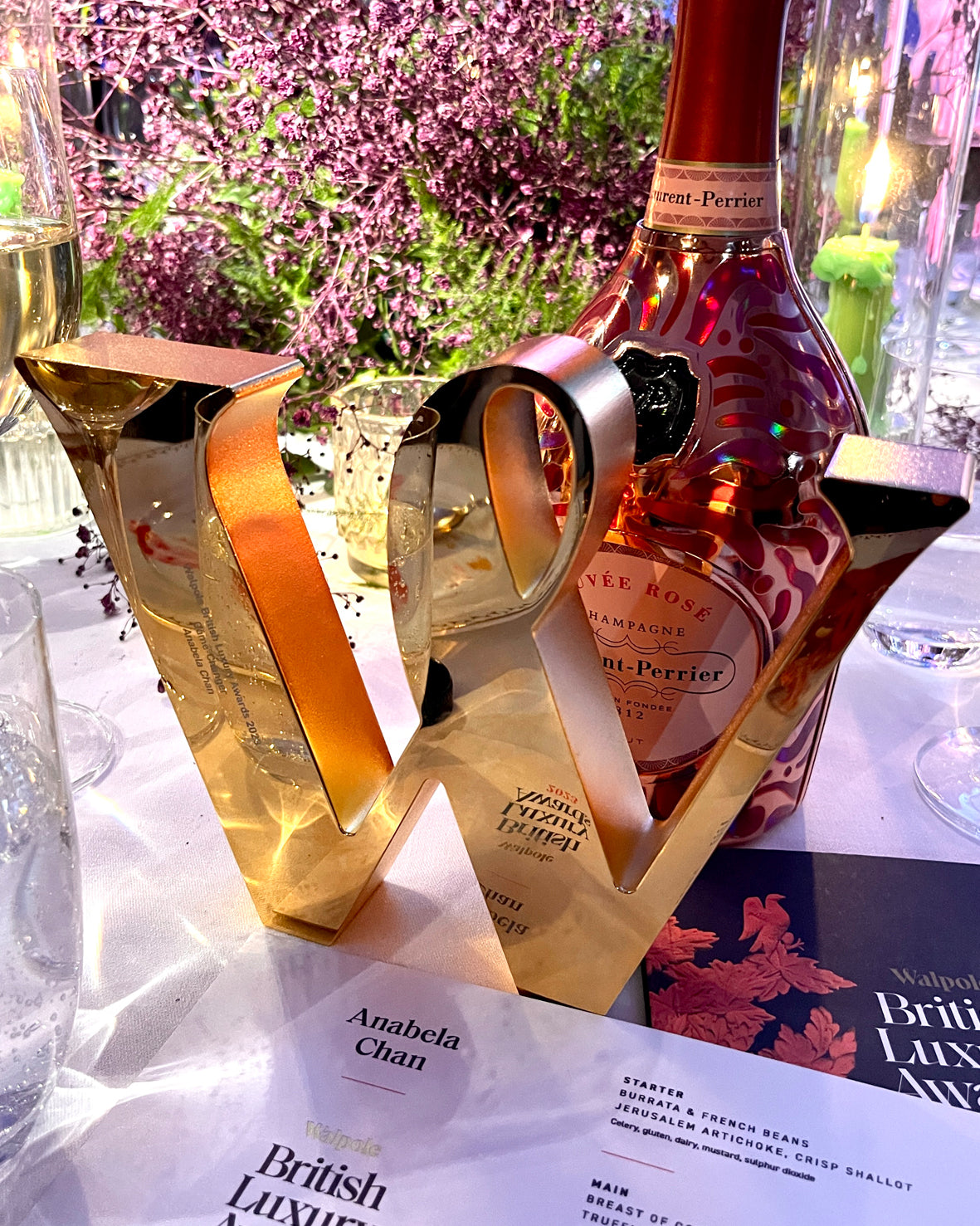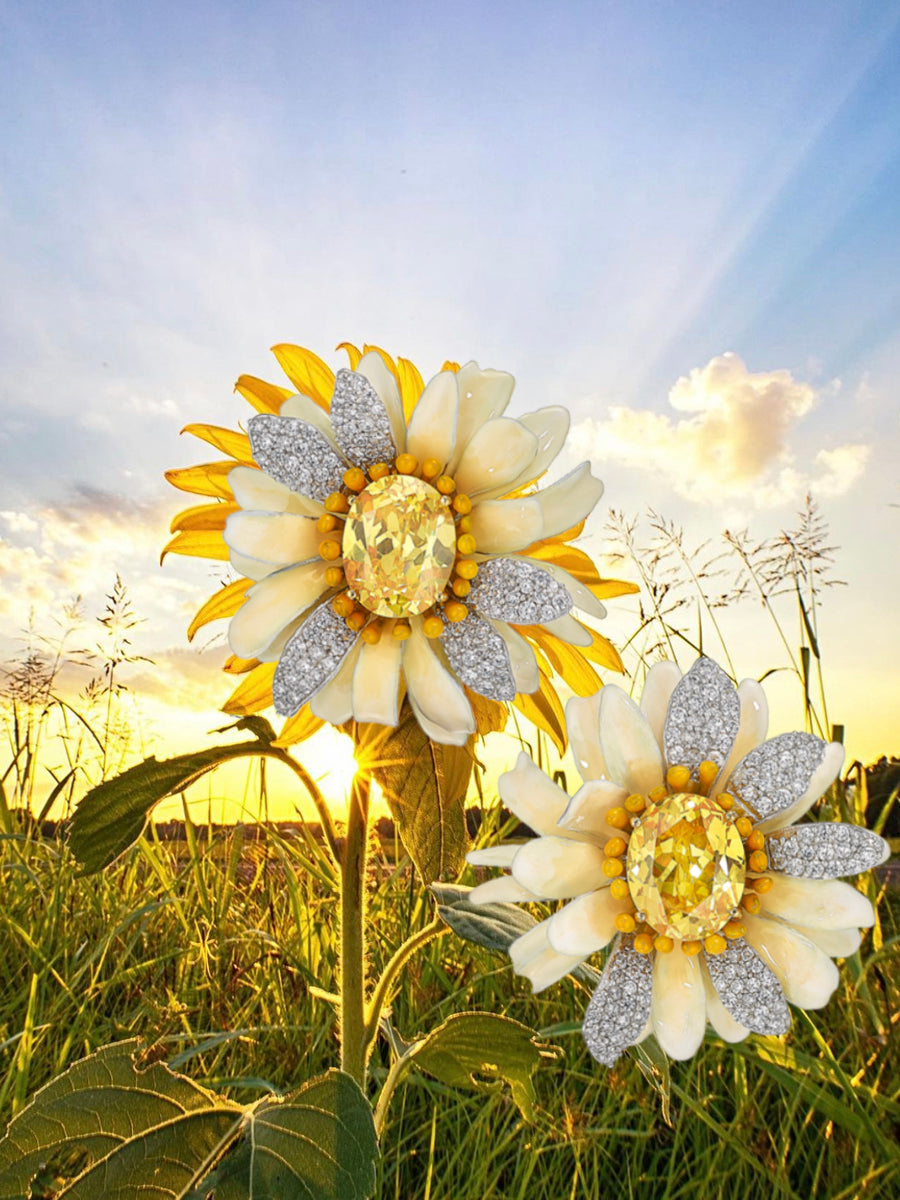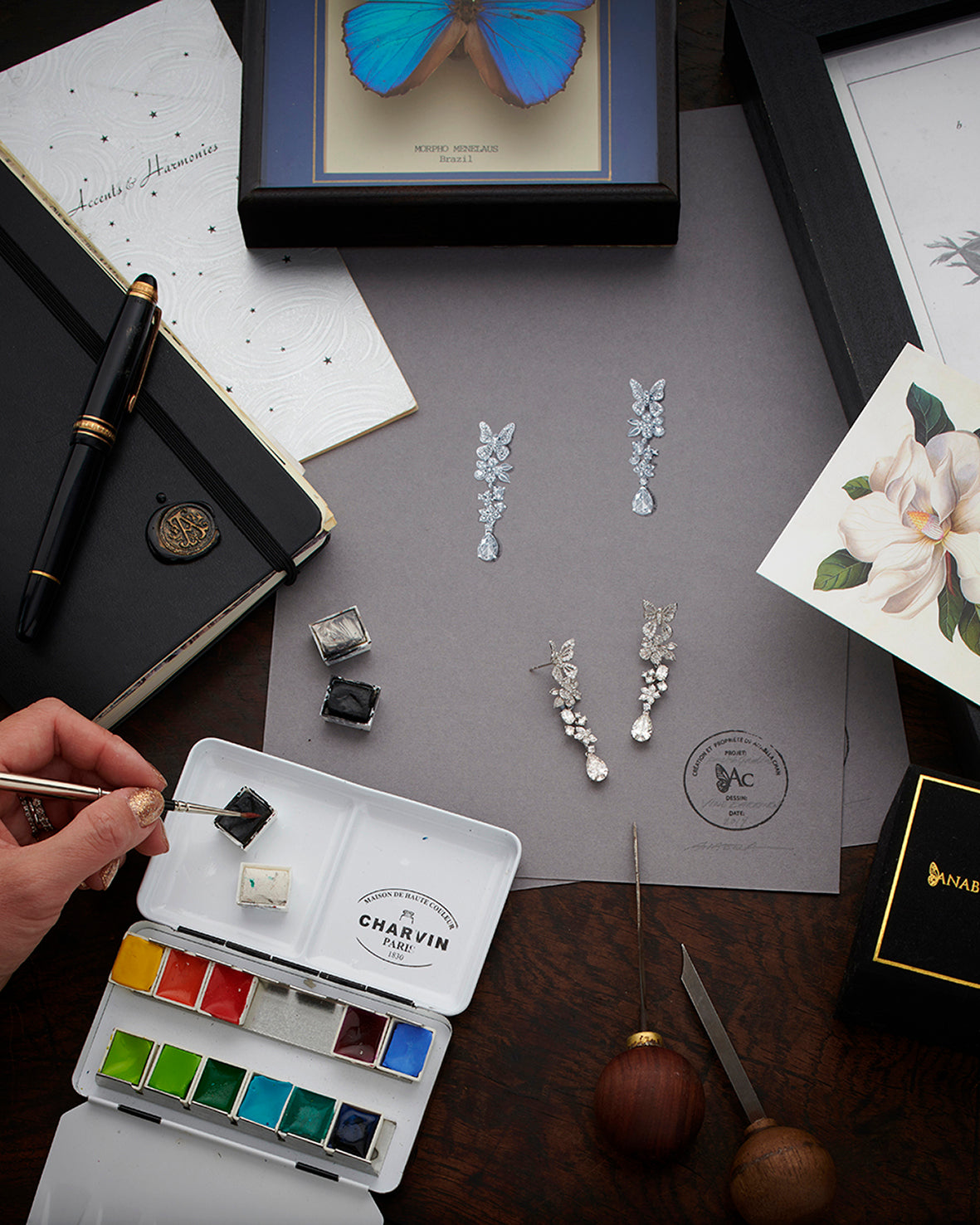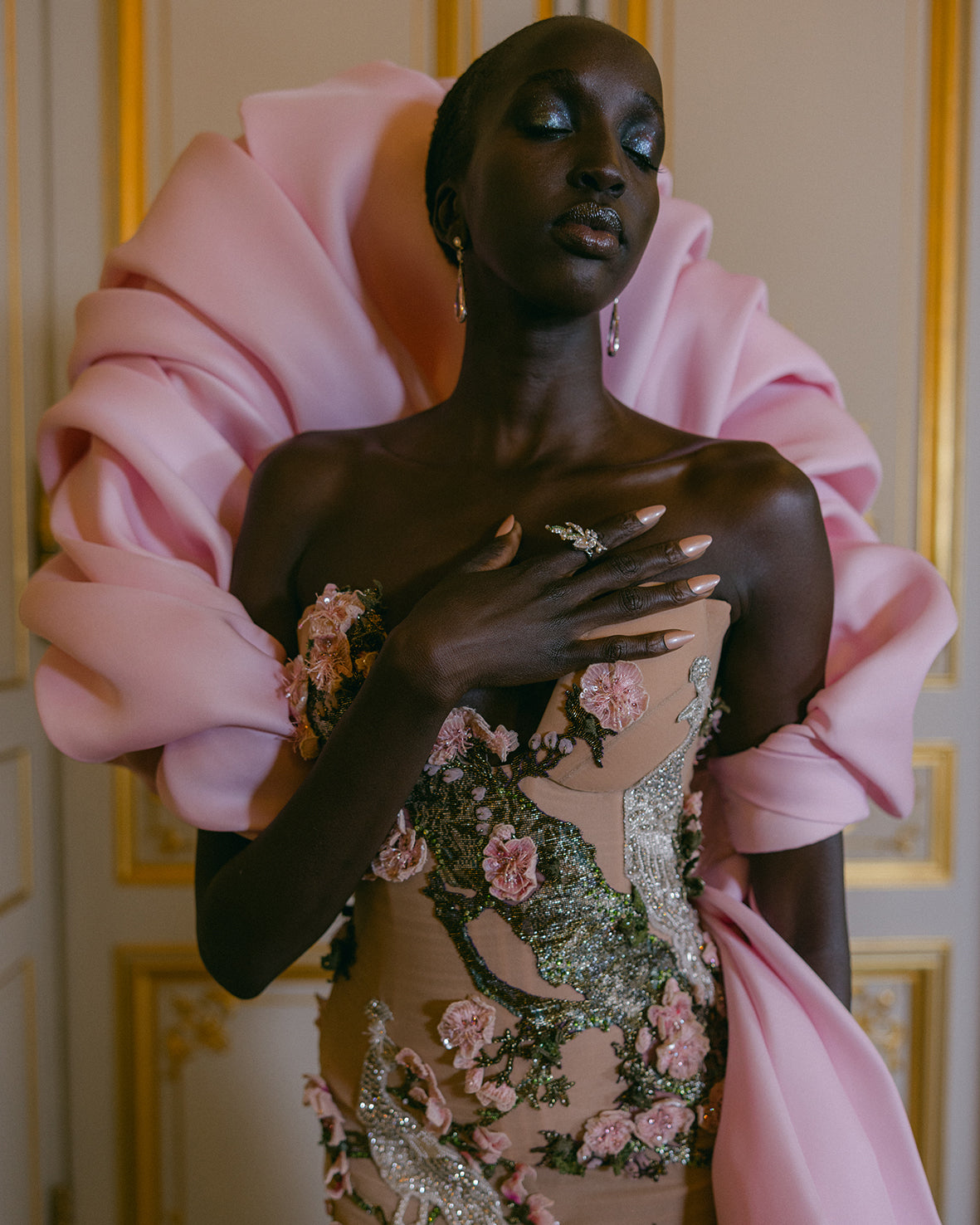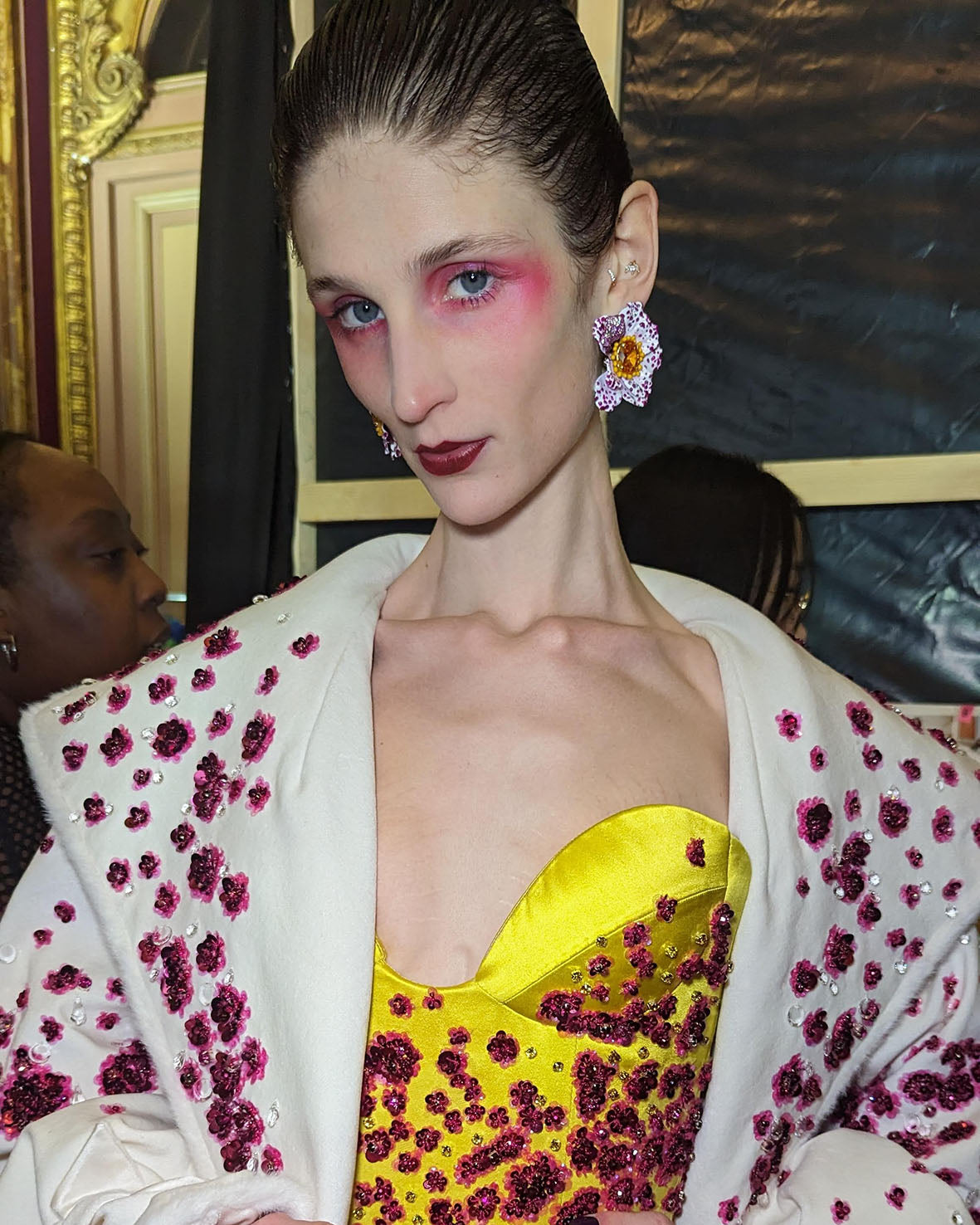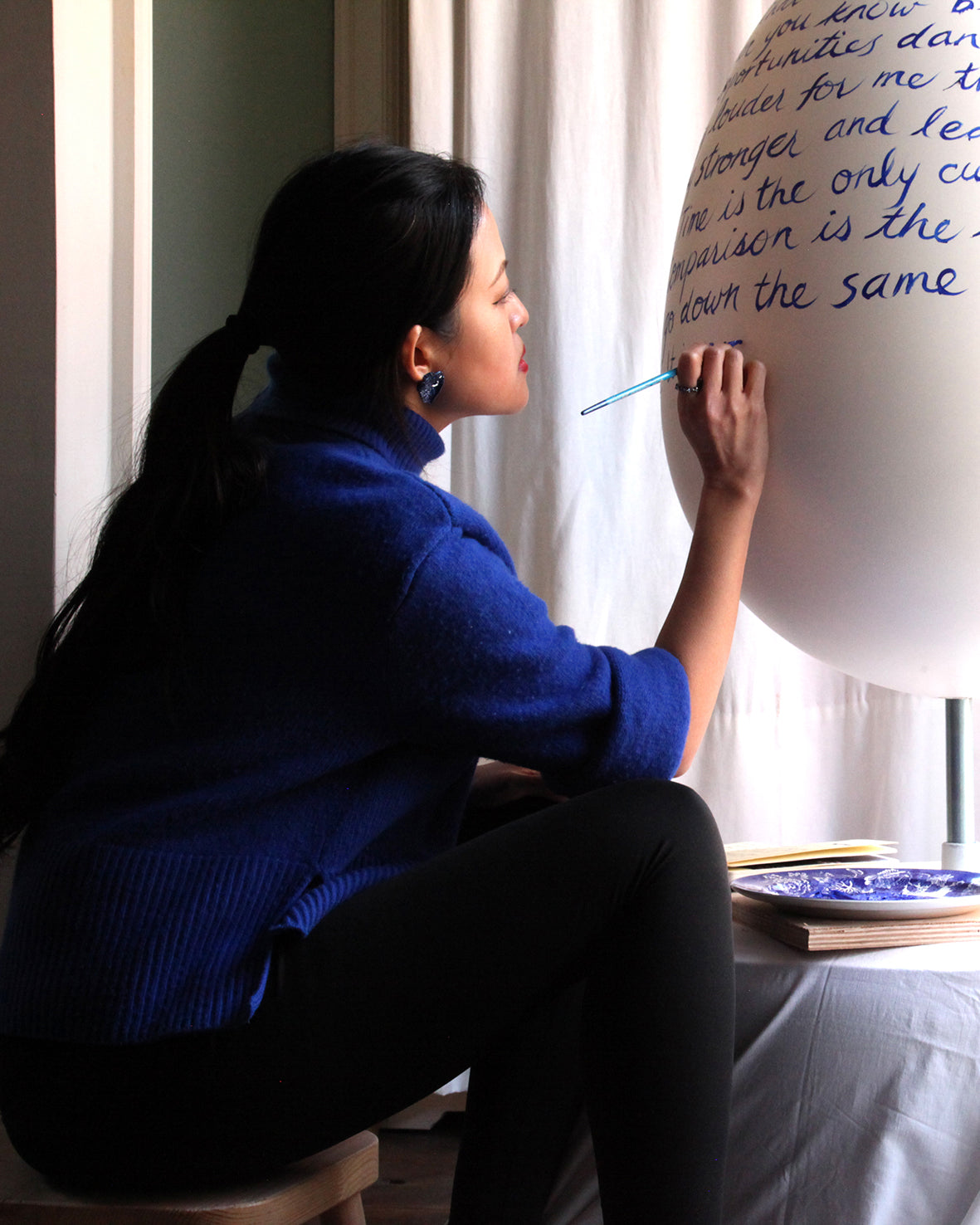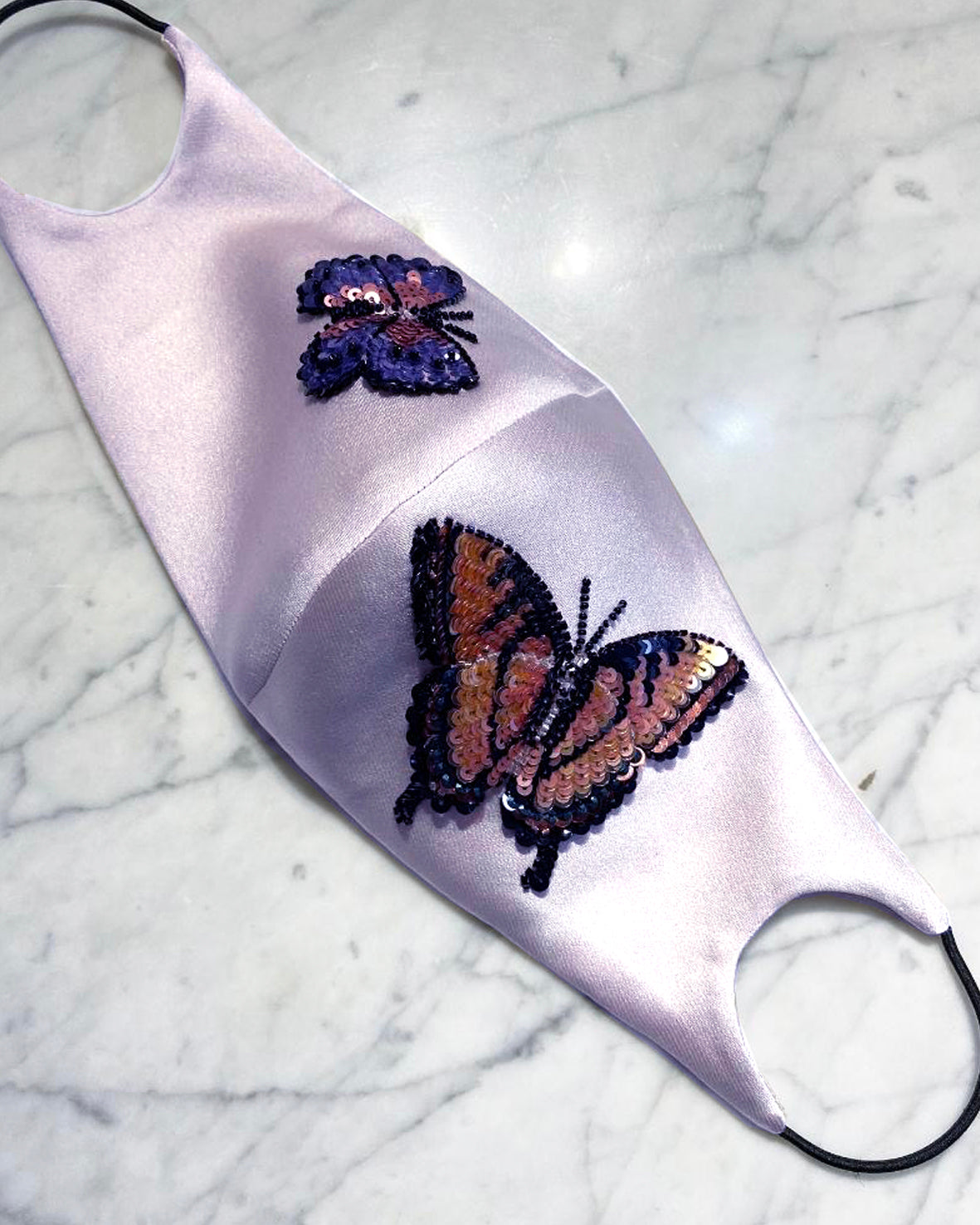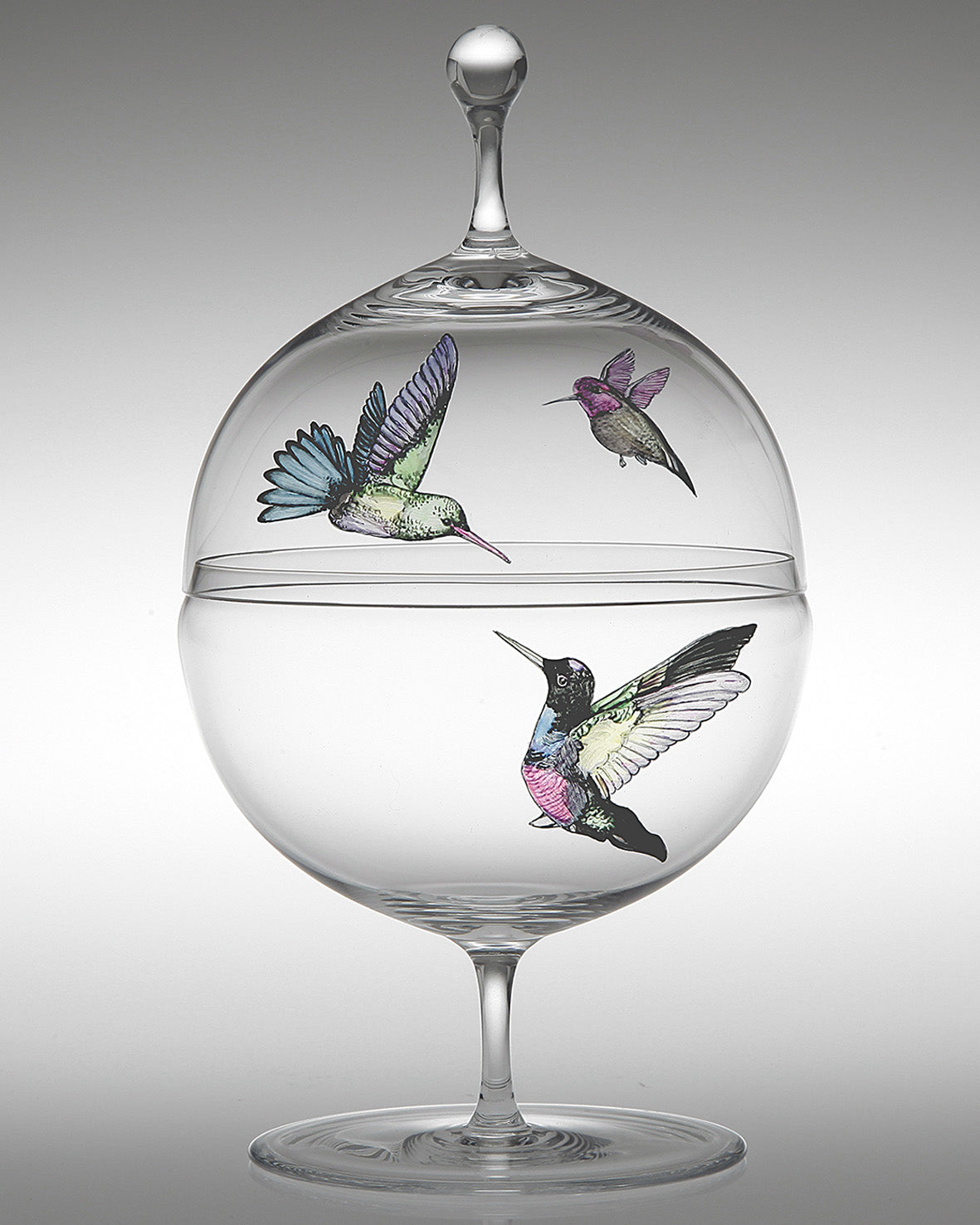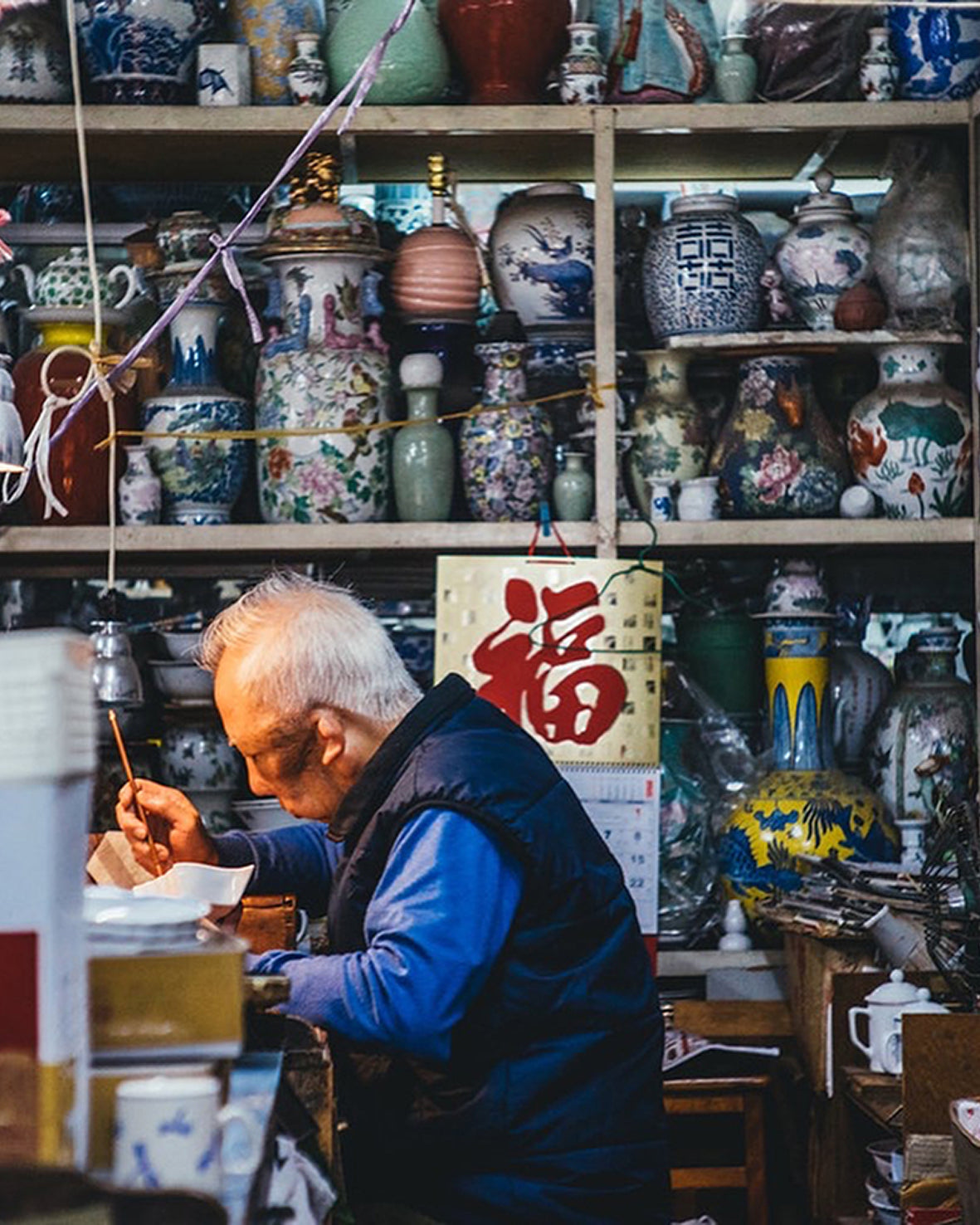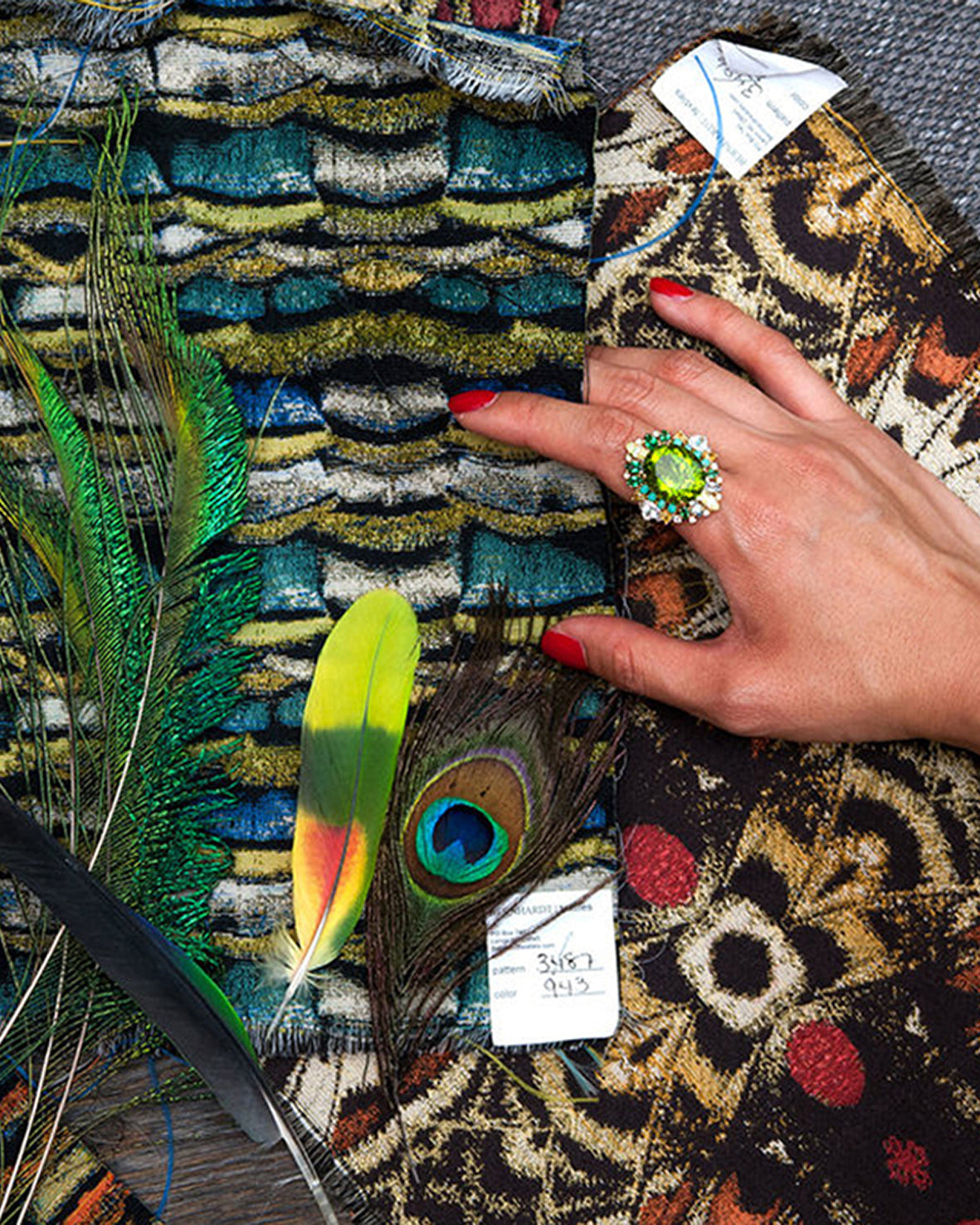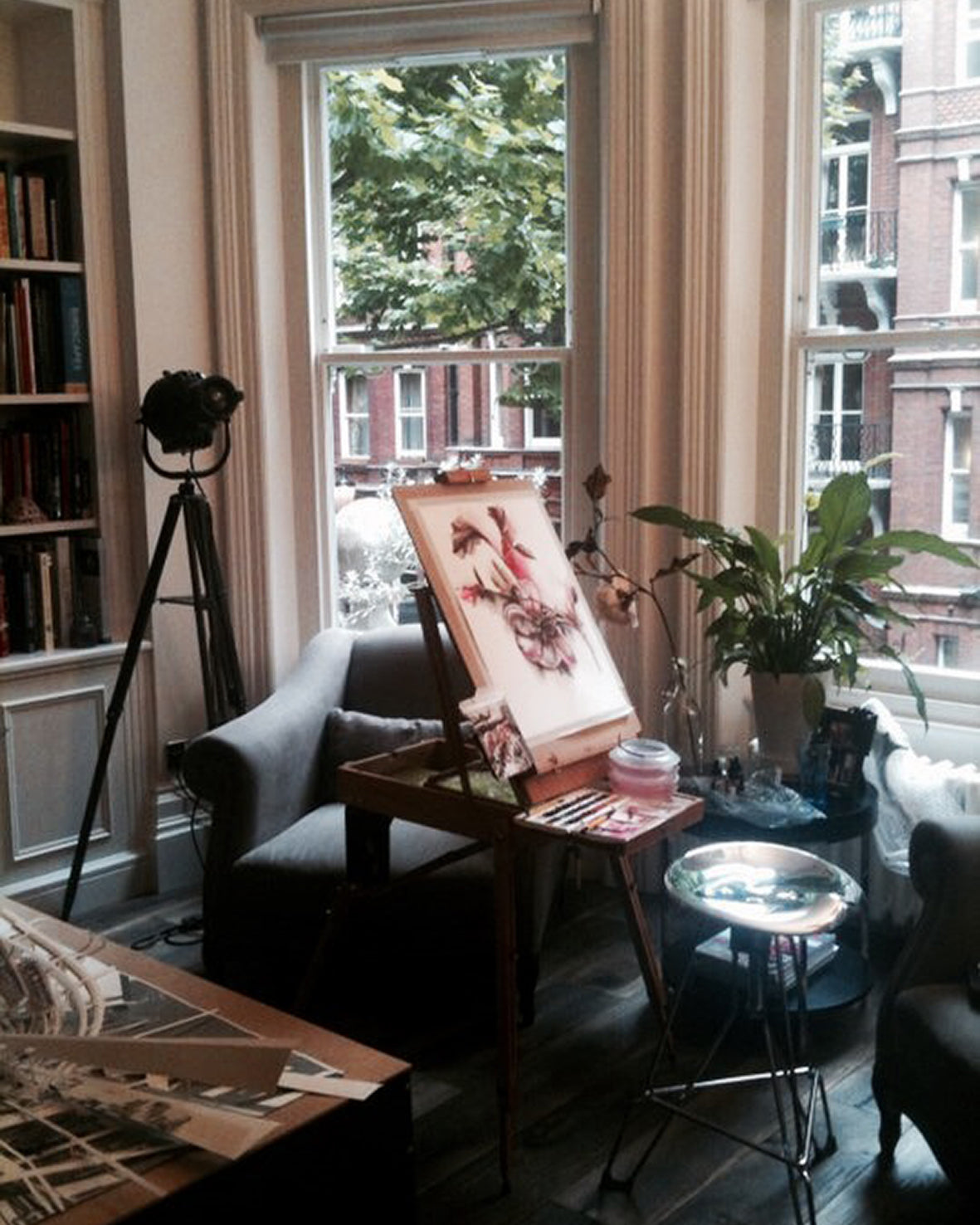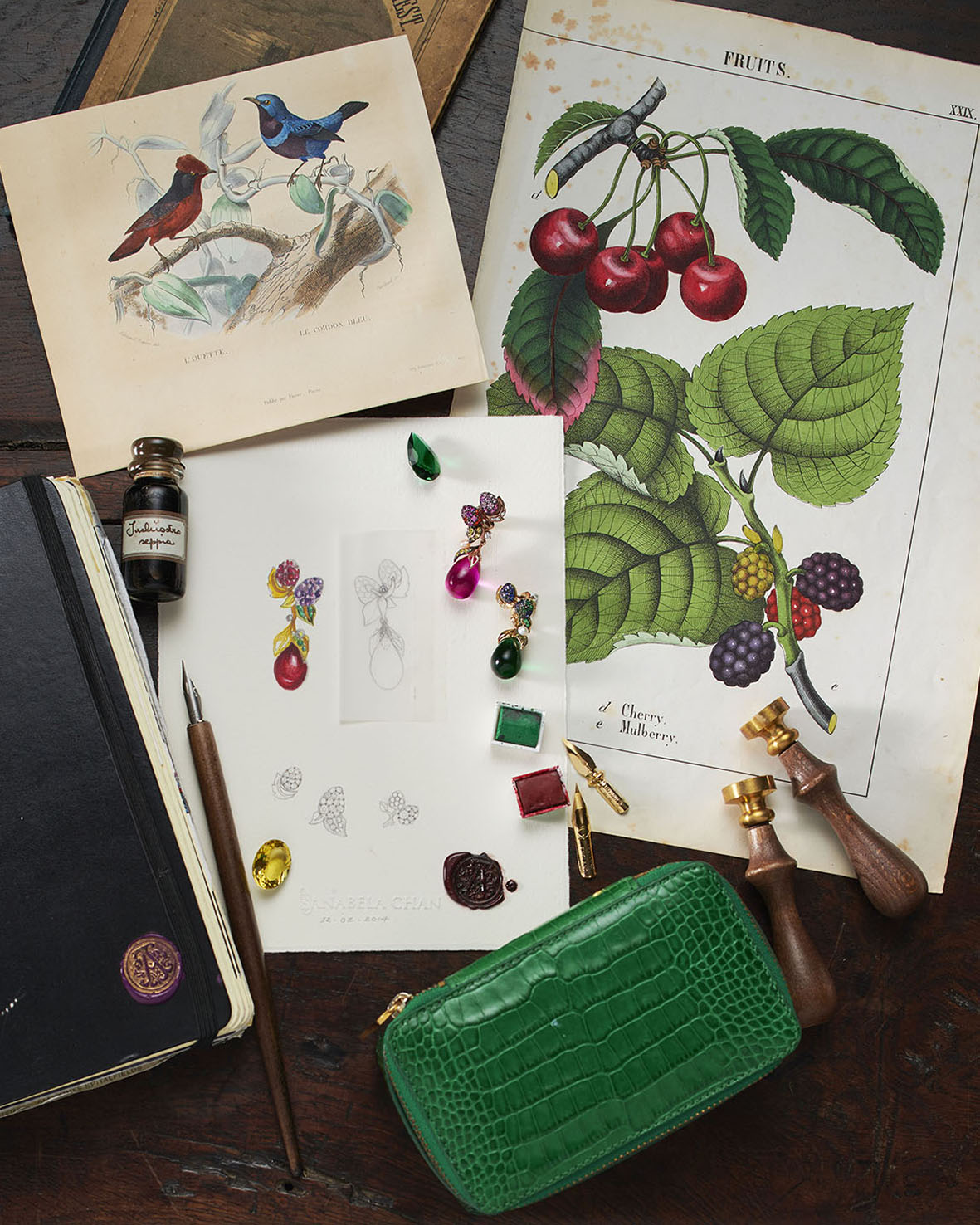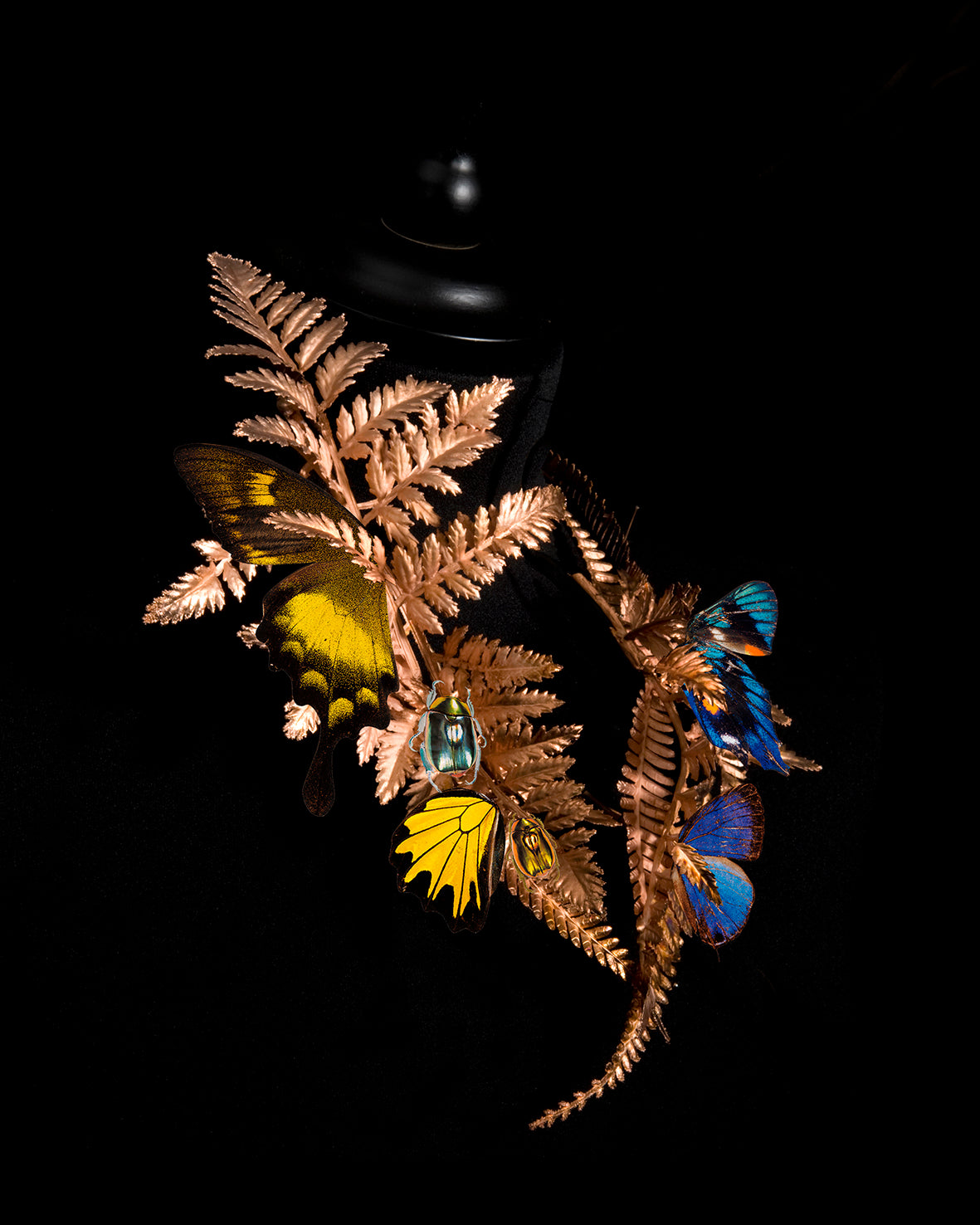Iconic Creations
Turquoise Roi De Soleil Earrings
- £2,390.00
- £2,390.00
- Unit price
- / per
Turquoise Mermaid Ring - Gold Vermeil
- From £1,490.00
- From £1,490.00
- Unit price
- / per
- Gold Vermeil
- 18k Gold
Citrus Bloom Earrings
- £1,590.00
- £1,590.00
- Unit price
- / per
Emerald Sugarloaf Berry Ring - Gold Vermeil
- £1,420.00
- £1,420.00
- Unit price
- / per
- Gold Vermeil
Iconic Creations
Turquoise Roi De Soleil Earrings
- £2,390.00
- £2,390.00
- Unit price
- / per
Turquoise Mermaid Ring - Gold Vermeil
- From £1,490.00
- From £1,490.00
- Unit price
- / per
- Gold Vermeil
- 18k Gold
Citrus Bloom Earrings
- £1,590.00
- £1,590.00
- Unit price
- / per
Emerald Sugarloaf Berry Ring - Gold Vermeil
- £1,420.00
- £1,420.00
- Unit price
- / per
- Gold Vermeil
-
 New In
New In
-
 Valentine's Day Edit
Valentine's Day Edit -
 Join Us In Texas
Join Us In Texas -
 Fine Jewellery
Fine Jewellery
- Fine Jewellery
- By Category
-
All Collections
-
 Jelly Heart Resort Collection
Jelly Heart Resort Collection
-
 Chlorophyll
Chlorophyll
-
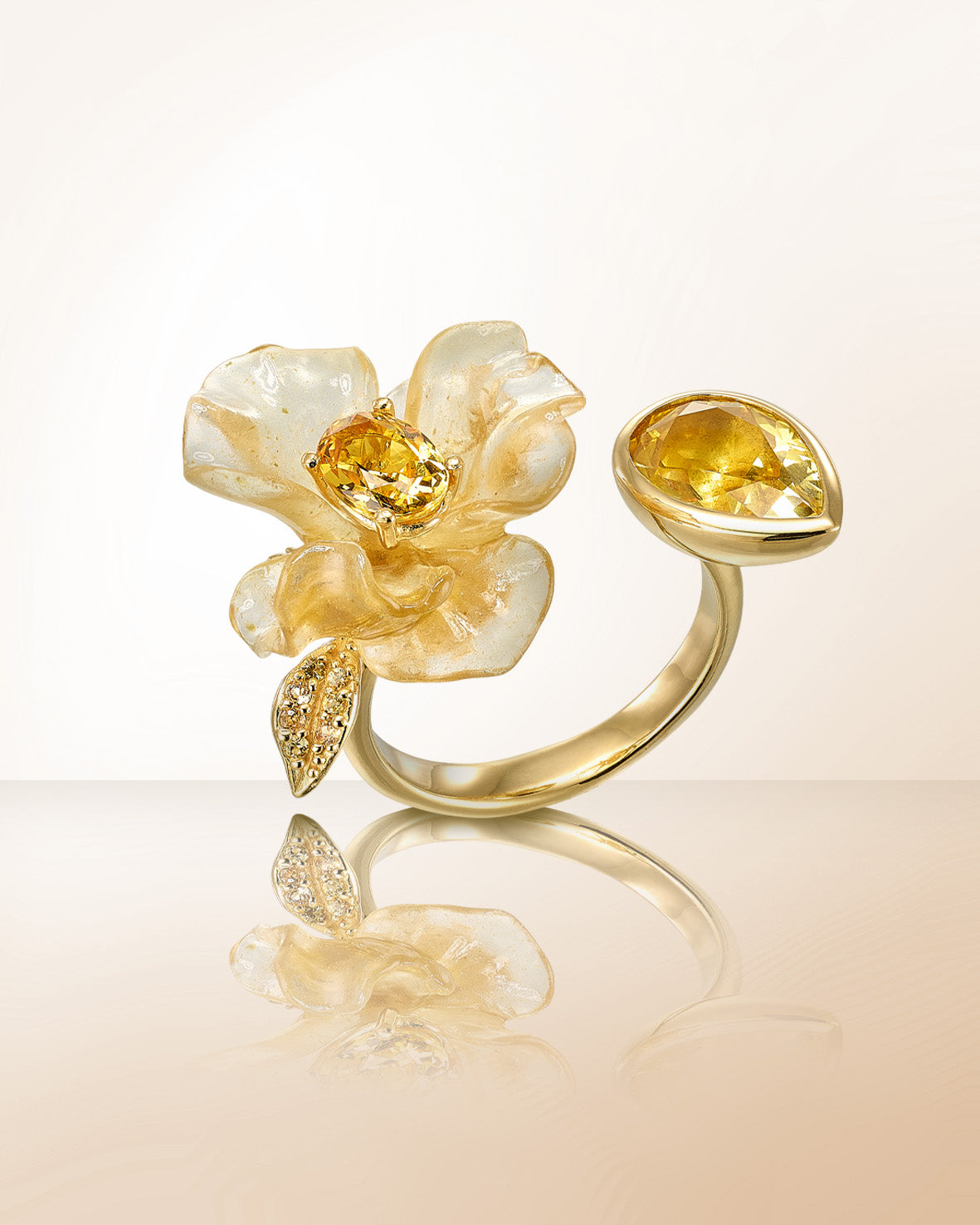 Fruit Gems™
Fruit Gems™
-
 Everyday Diamonds
Everyday Diamonds
-
 AC X Miss Sohee
AC X Miss Sohee
-
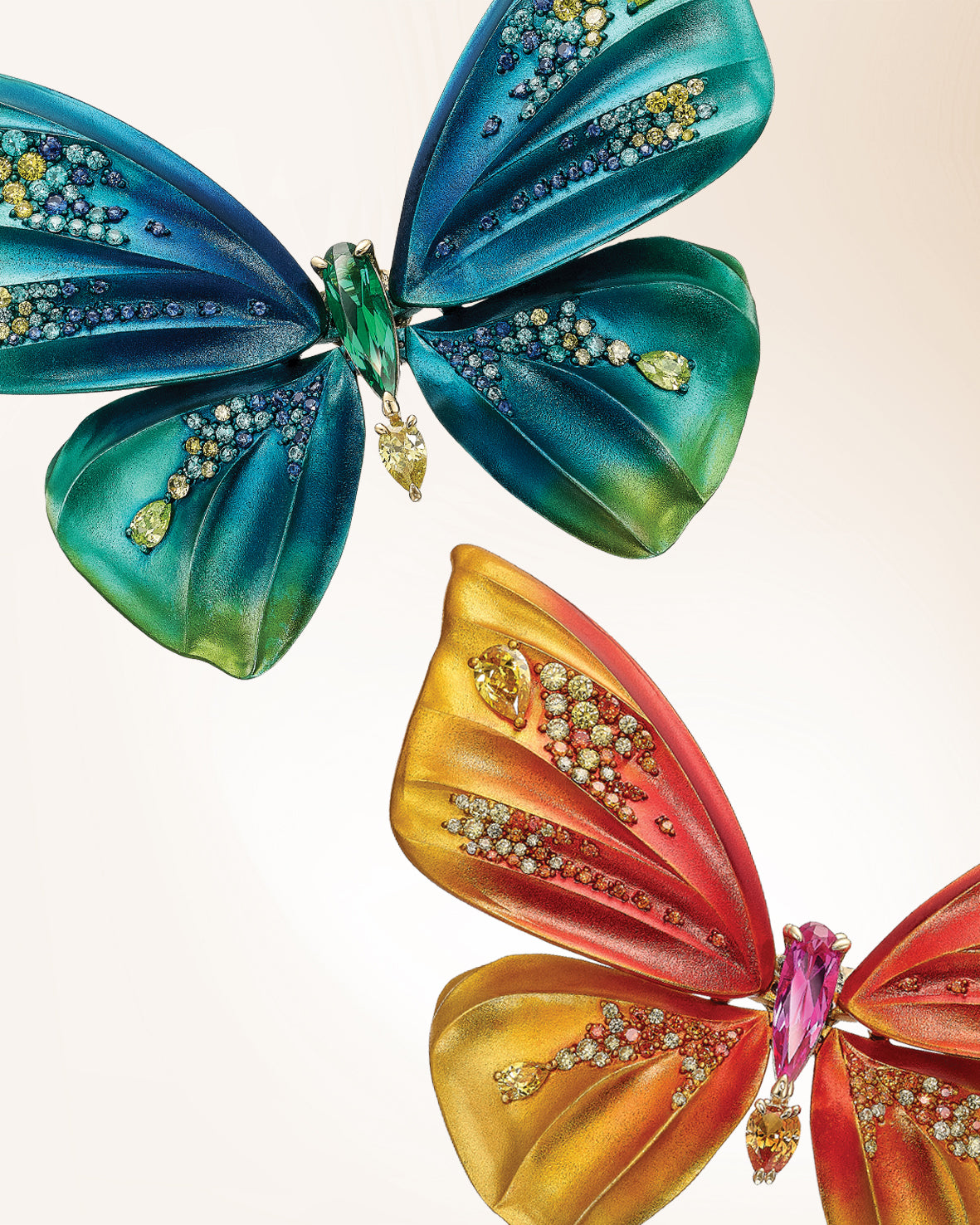 Magma & Aurora
Magma & Aurora
-
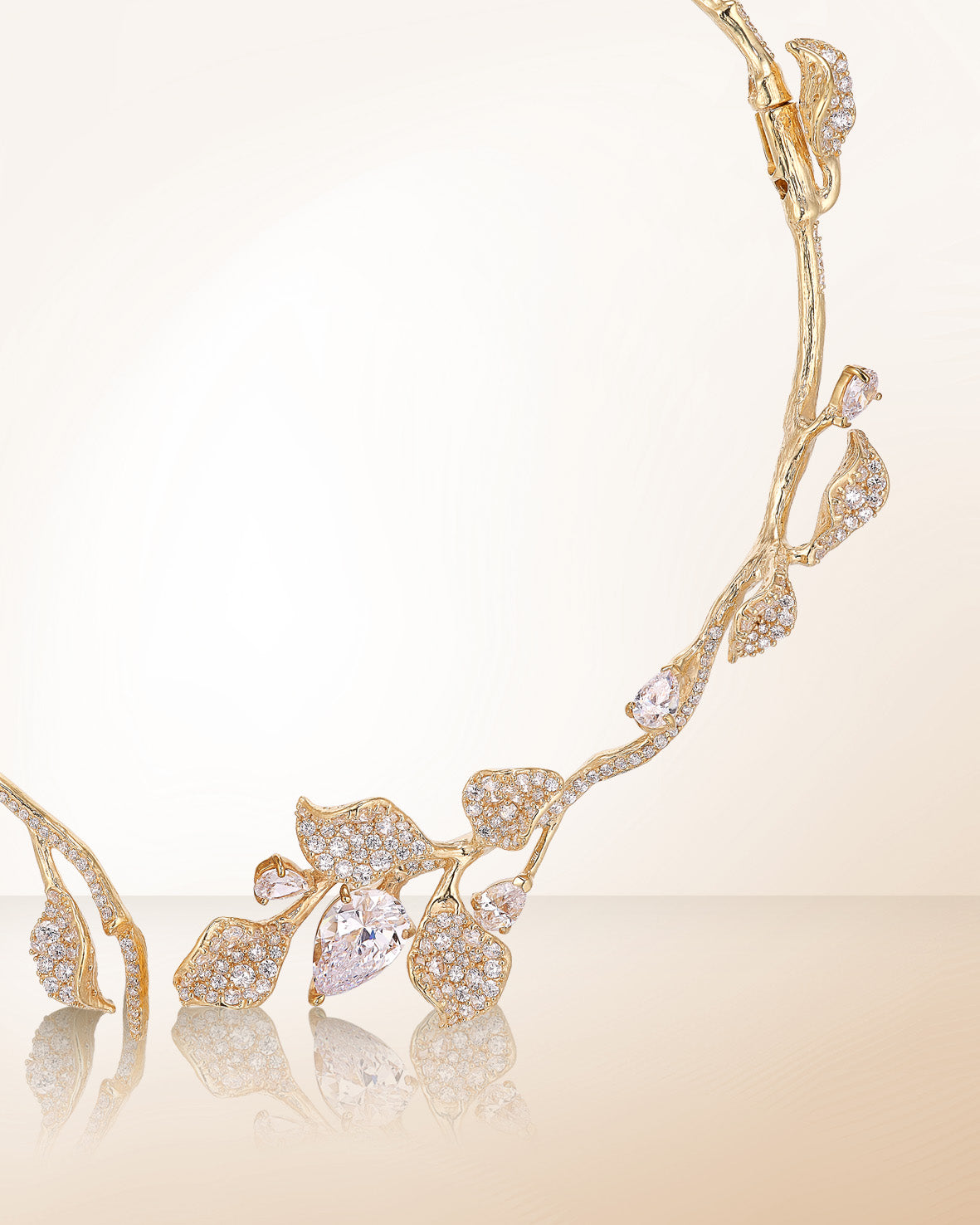 Mermaid's Tale
Mermaid's Tale
-
 Blooms!
Blooms!
-
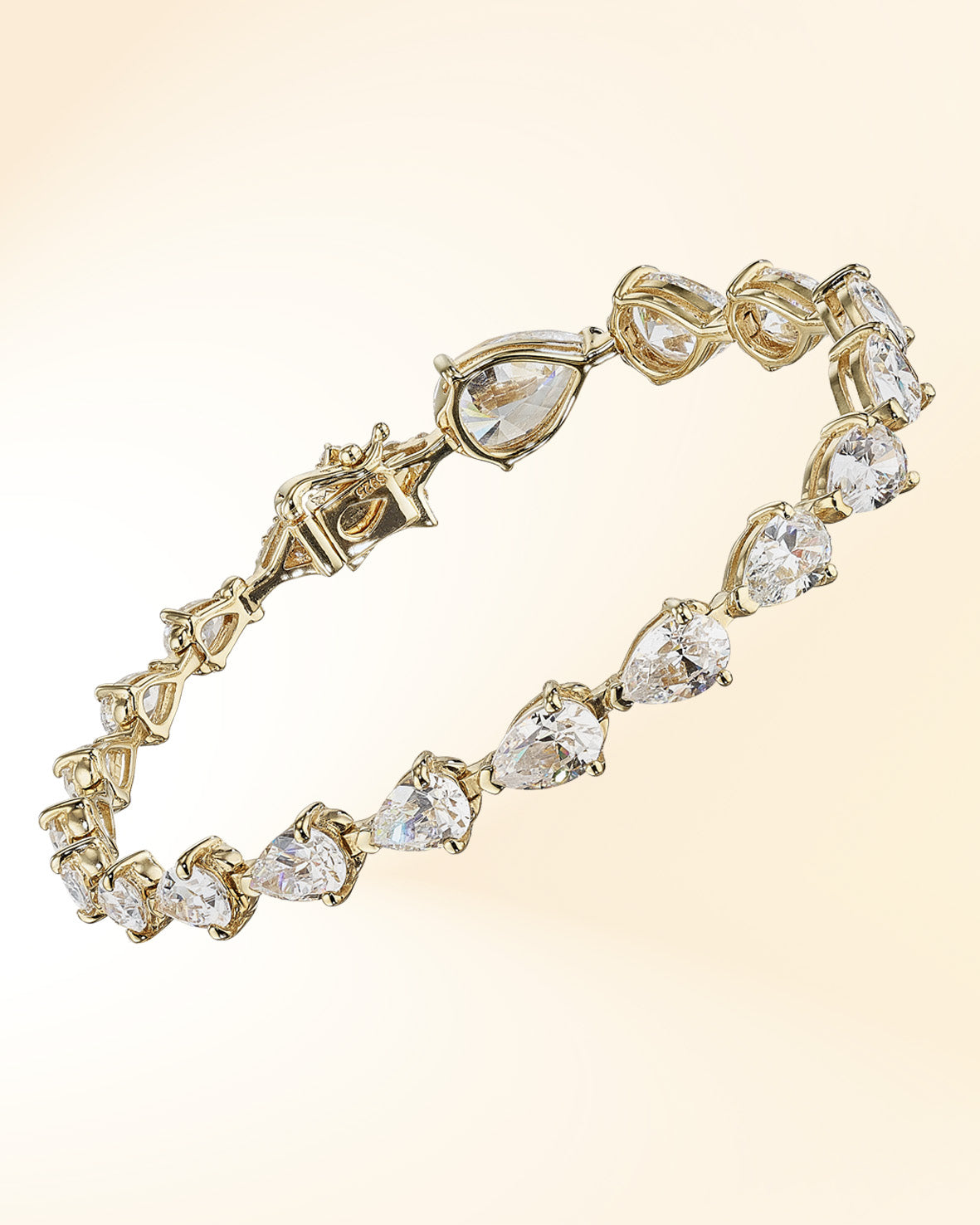 Supernova
Supernova
-
 AC x Robert Wun
AC x Robert Wun
-
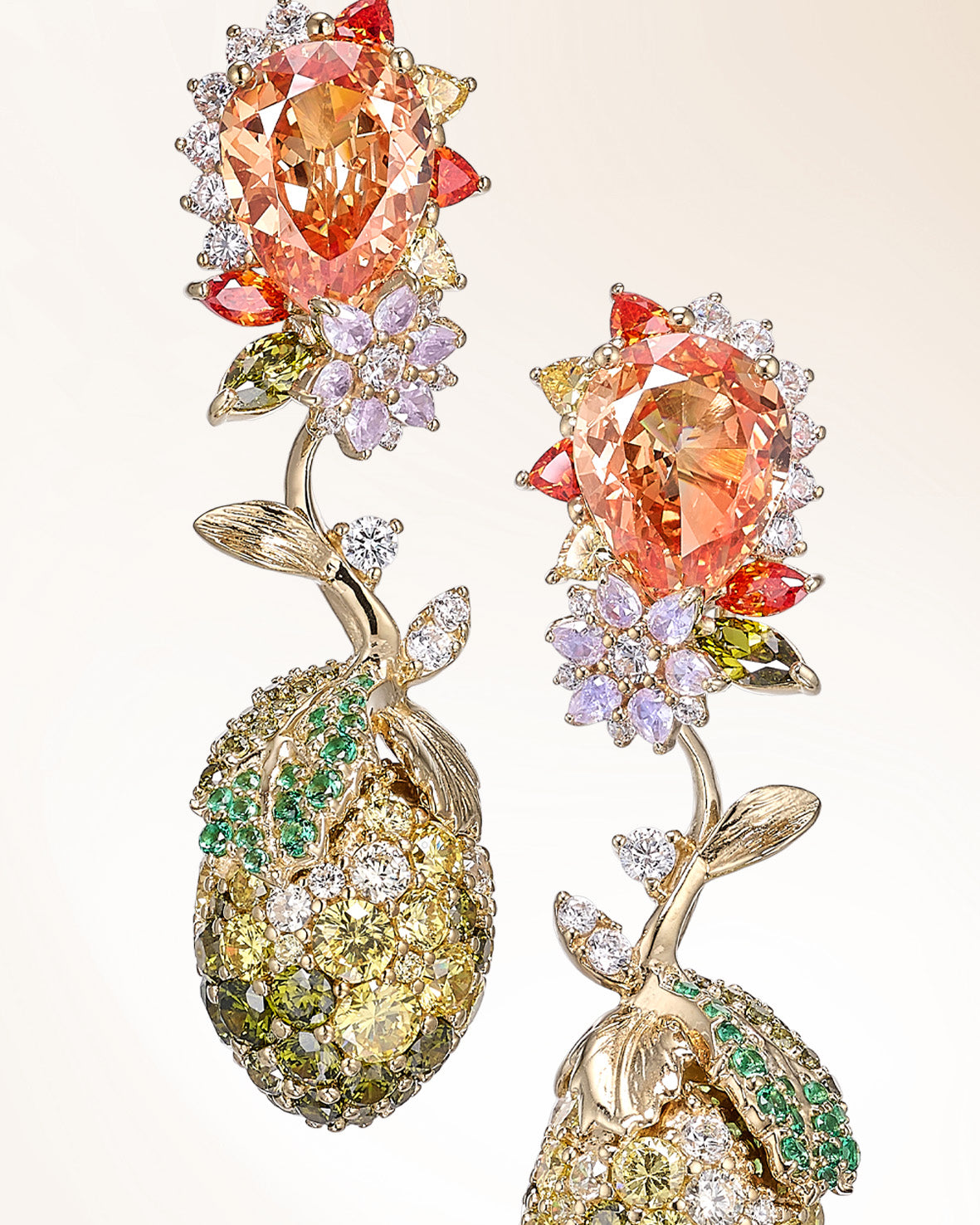 Forbidden Fruit
Forbidden Fruit
-
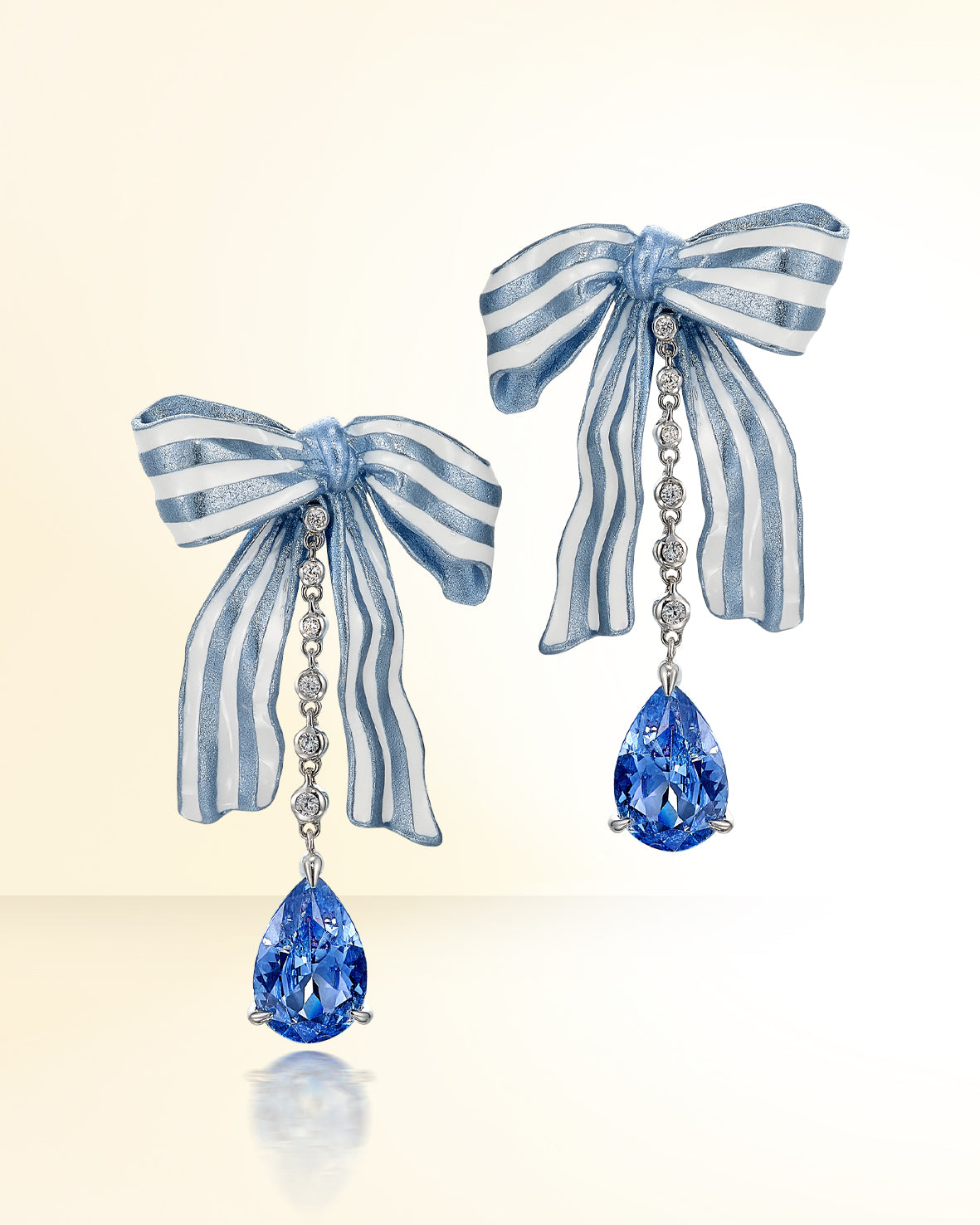 Cupid's Bow
Cupid's Bow
-
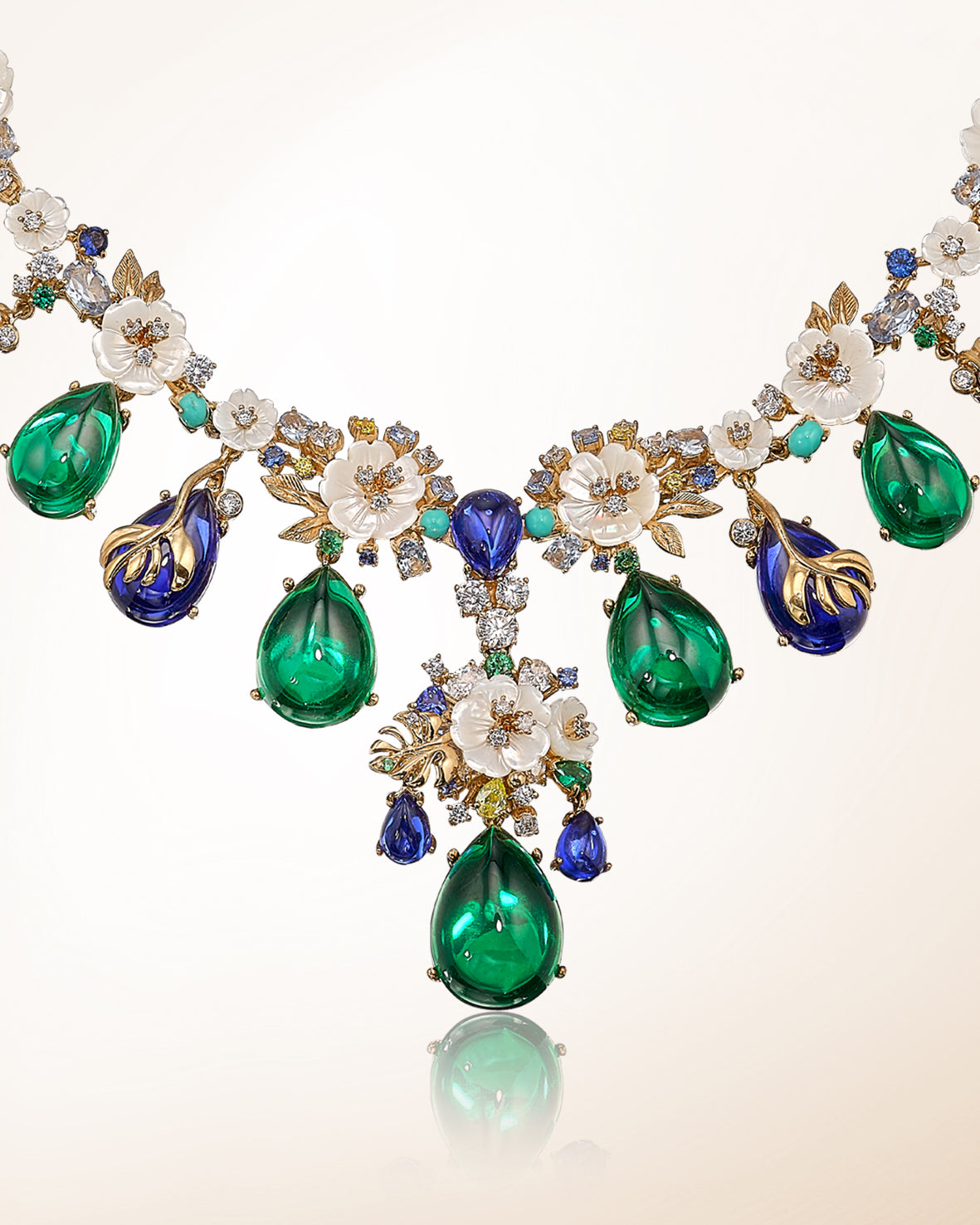 Palms
Palms
-
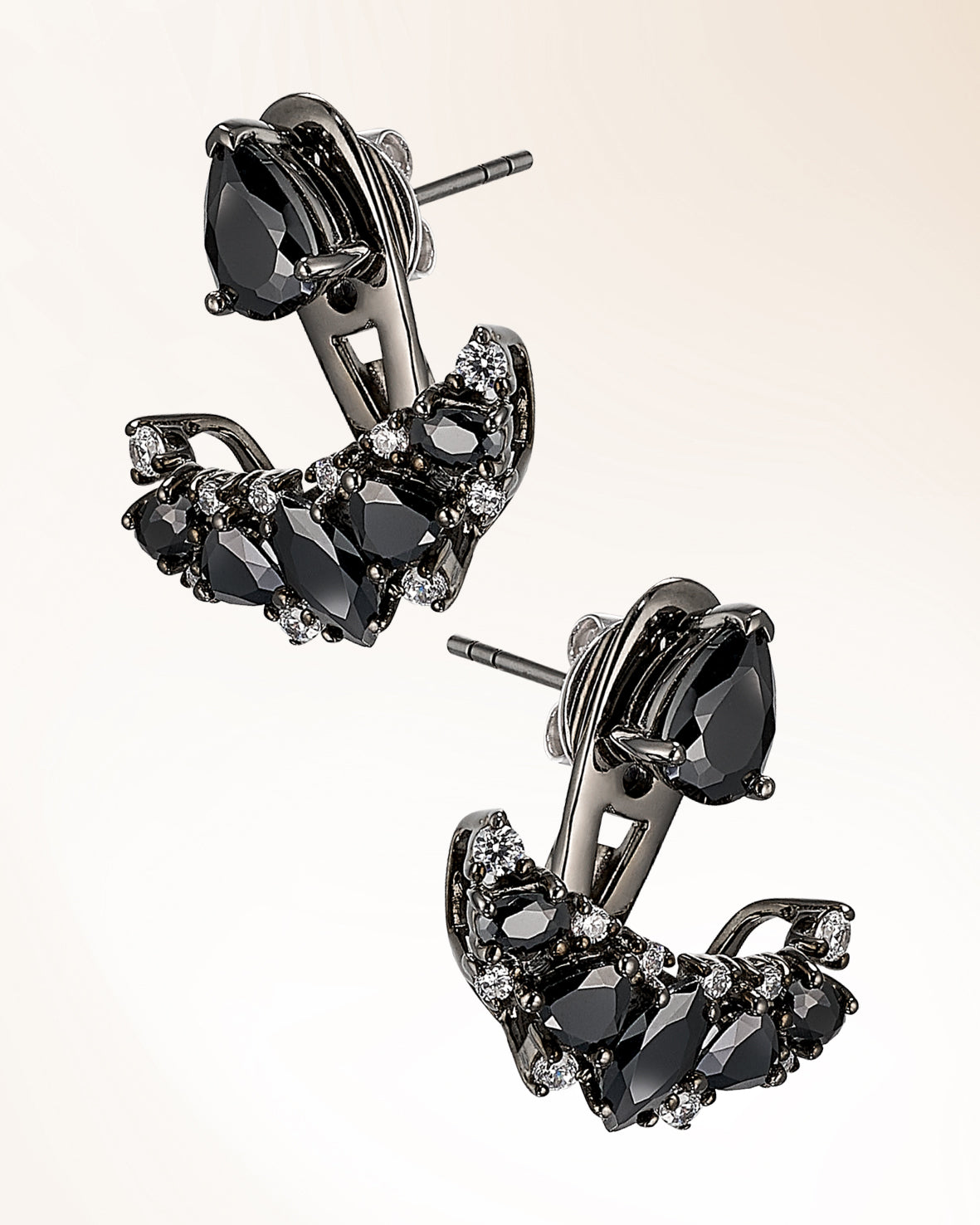 Noir
Noir
-
 English Garden
English Garden
-
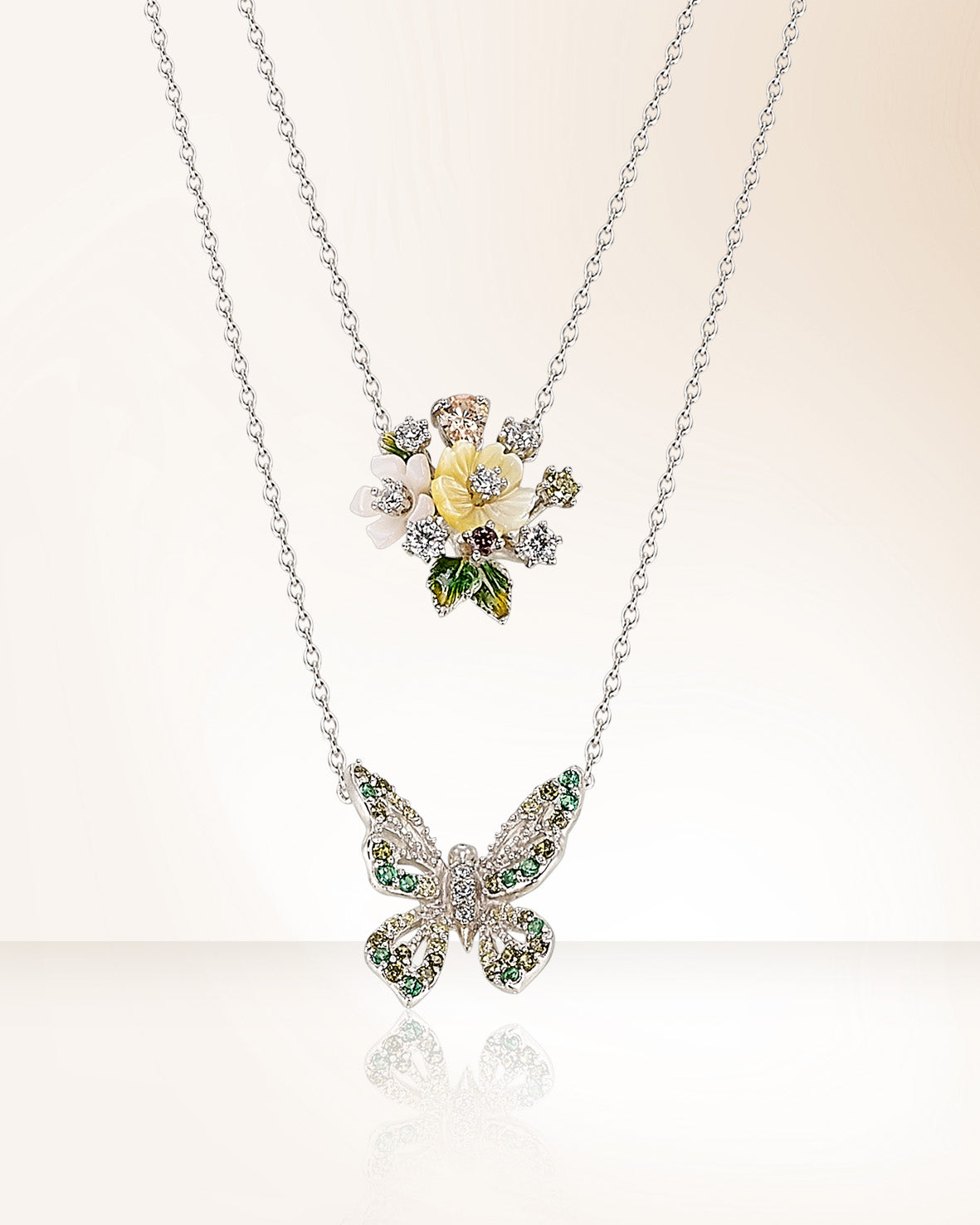 Butterfly Orchard
Butterfly Orchard
-
 Tutti Frutti
Tutti Frutti
-
 Love Hearts
Love Hearts
-
 Fleurs D'Elixir
Fleurs D'Elixir
-
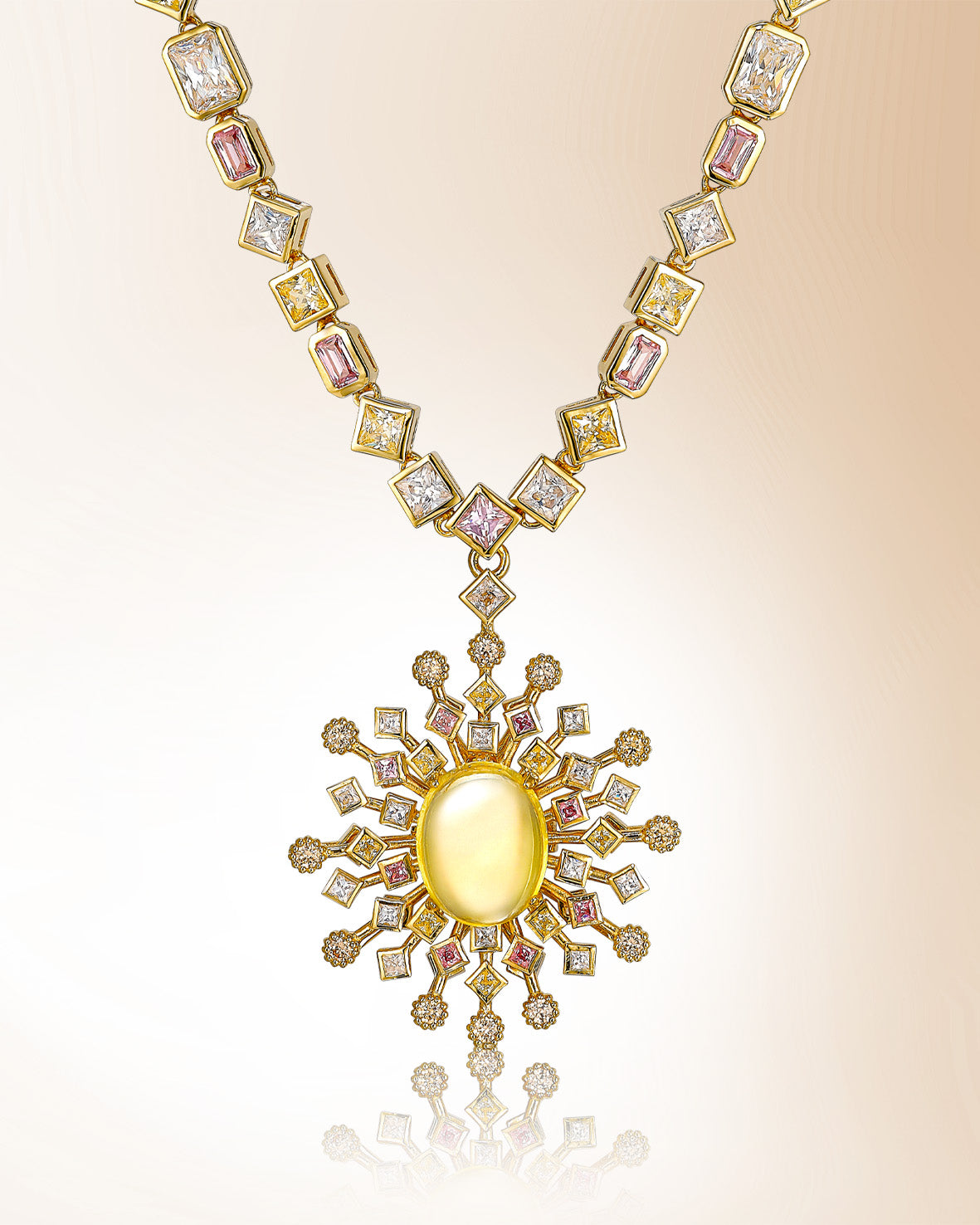 Constellation
Constellation
-
 Dark Forest
Dark Forest
-
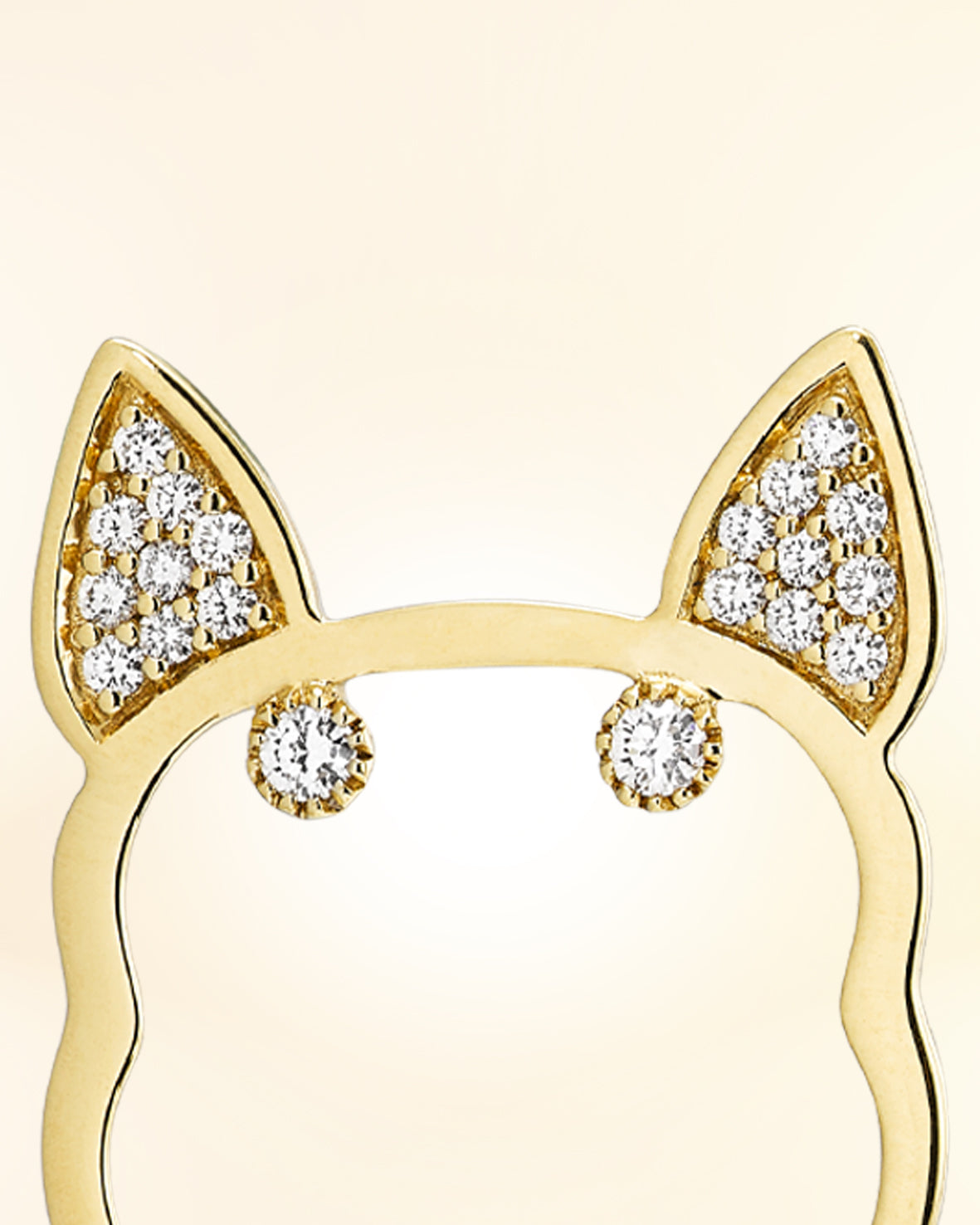 Puppy and Kitty
Puppy and Kitty
-
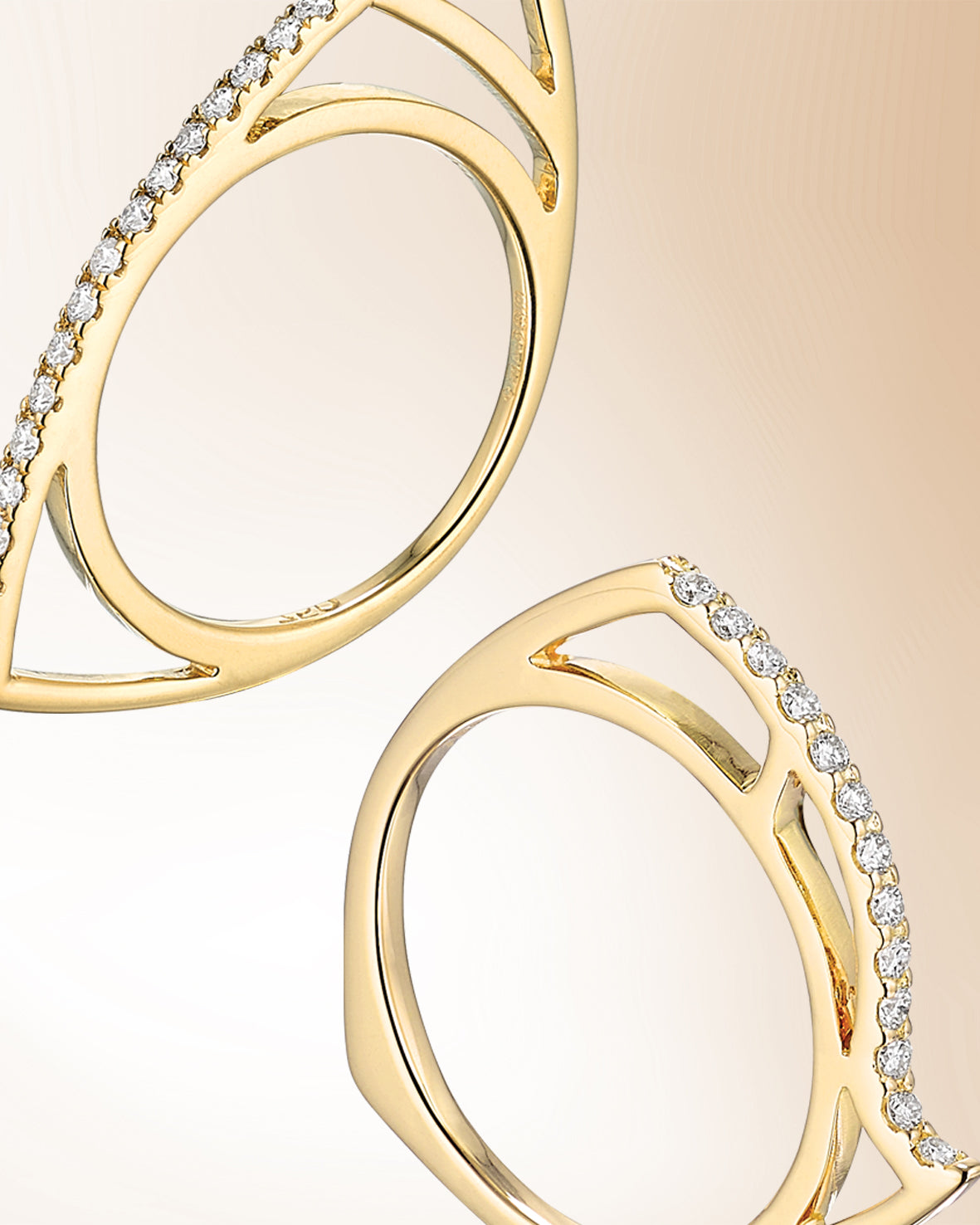 The Morpho Bloom
The Morpho Bloom
-
![]()
-
 Anabela's Edit
Anabela's Edit
-
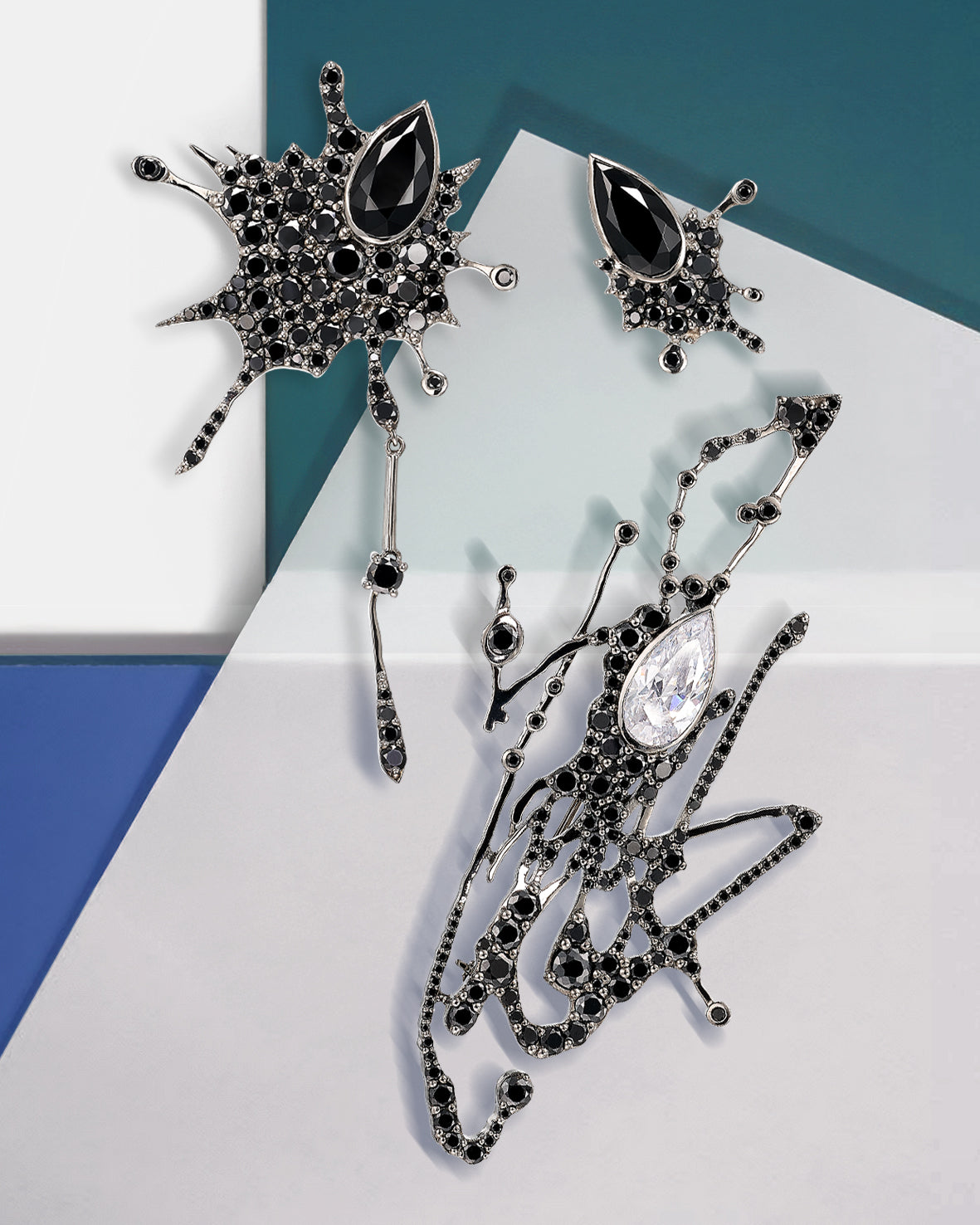 Haute Couture
Haute Couture
-
 Bespoke Commissions
Bespoke Commissions -
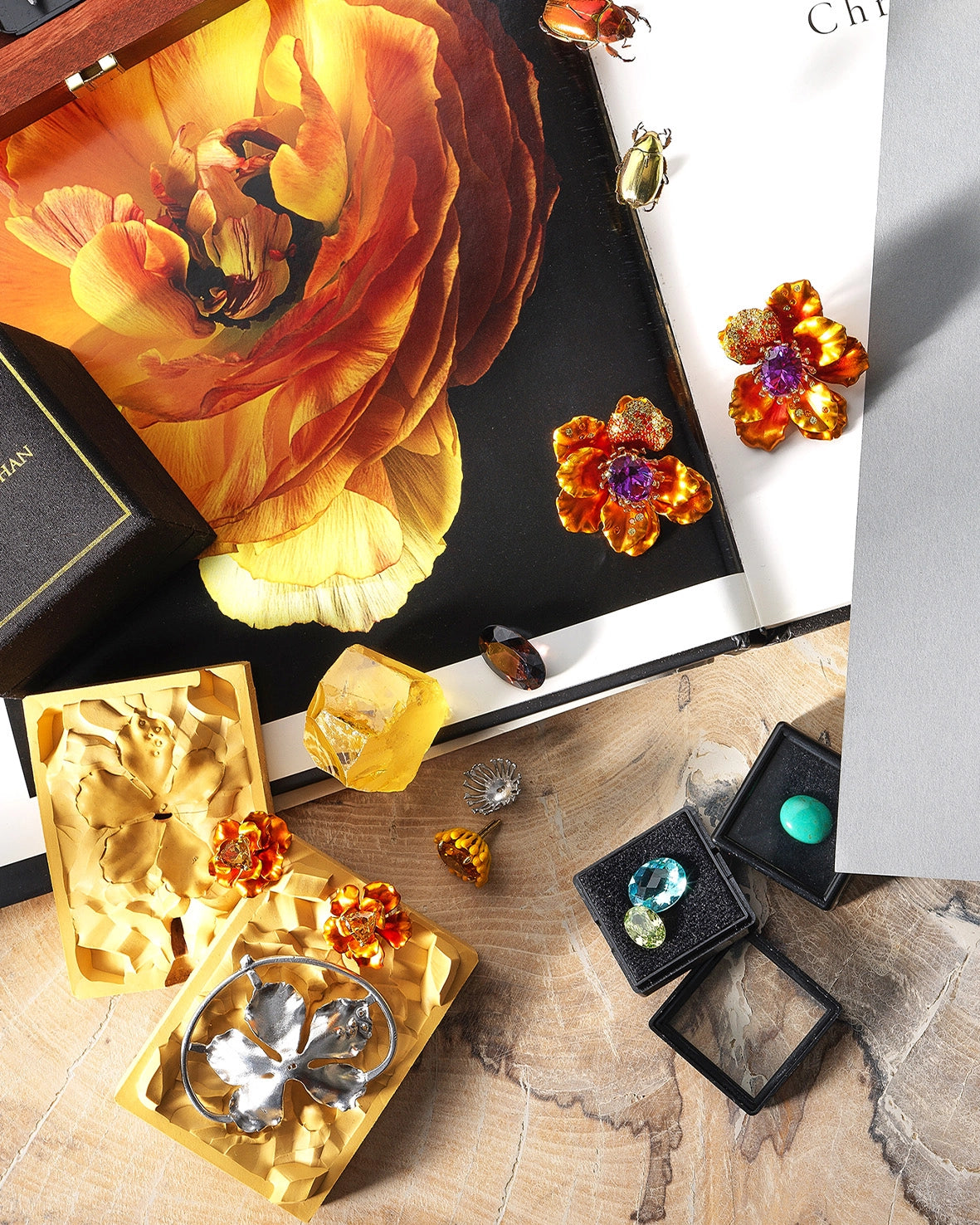 Our Innovations
Our Innovations
-
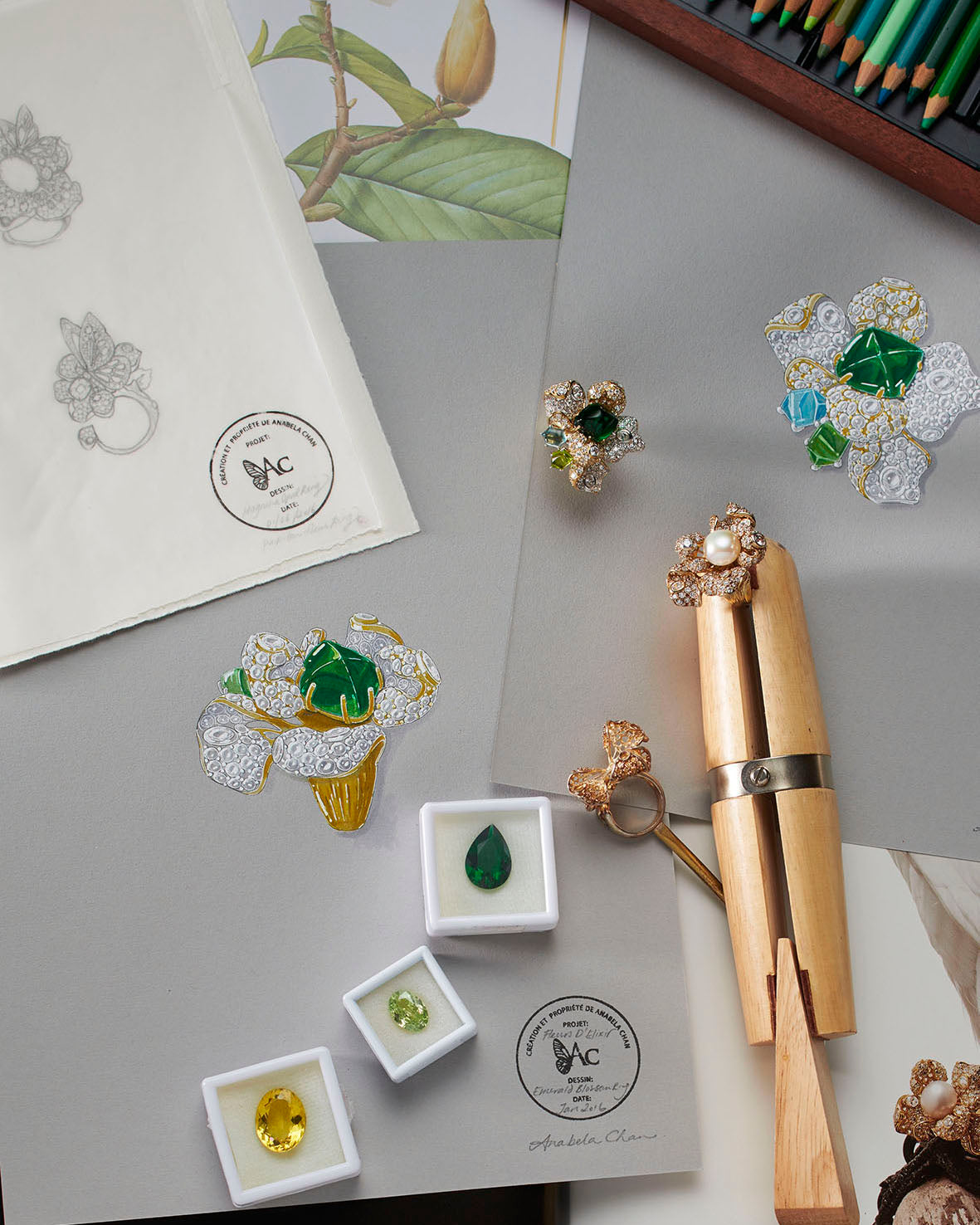 Maison
Maison
-
 Press
Press
- Press
-
Stars in AC
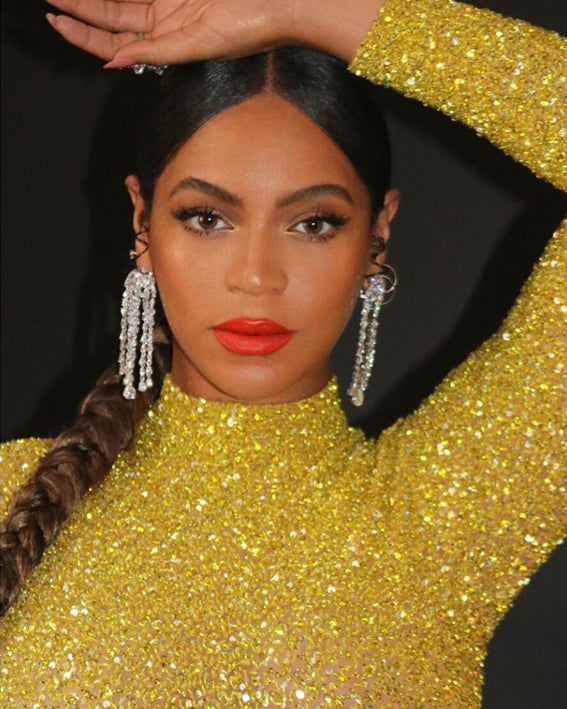
-
Editorials

-
Films
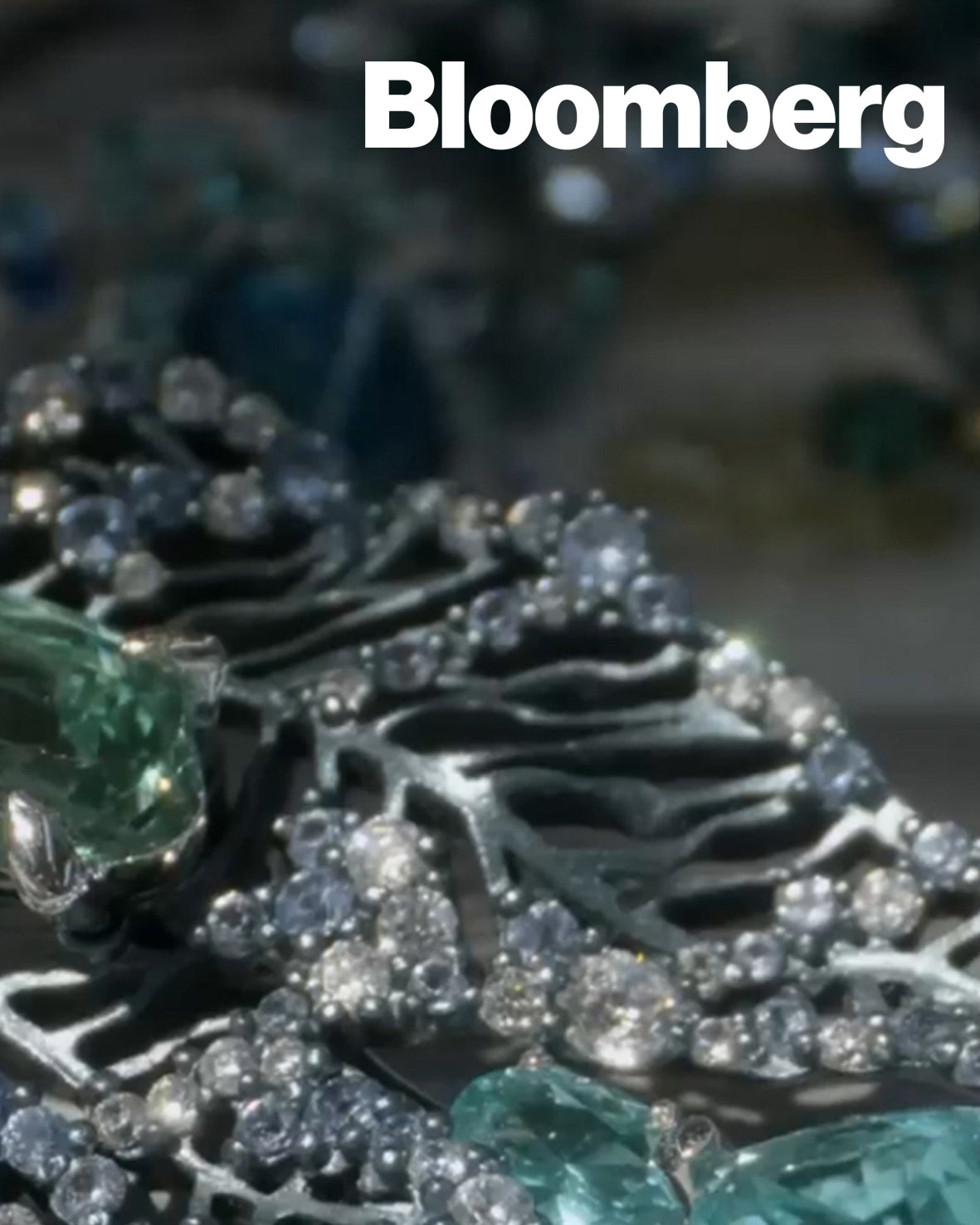
-
Interviews

-
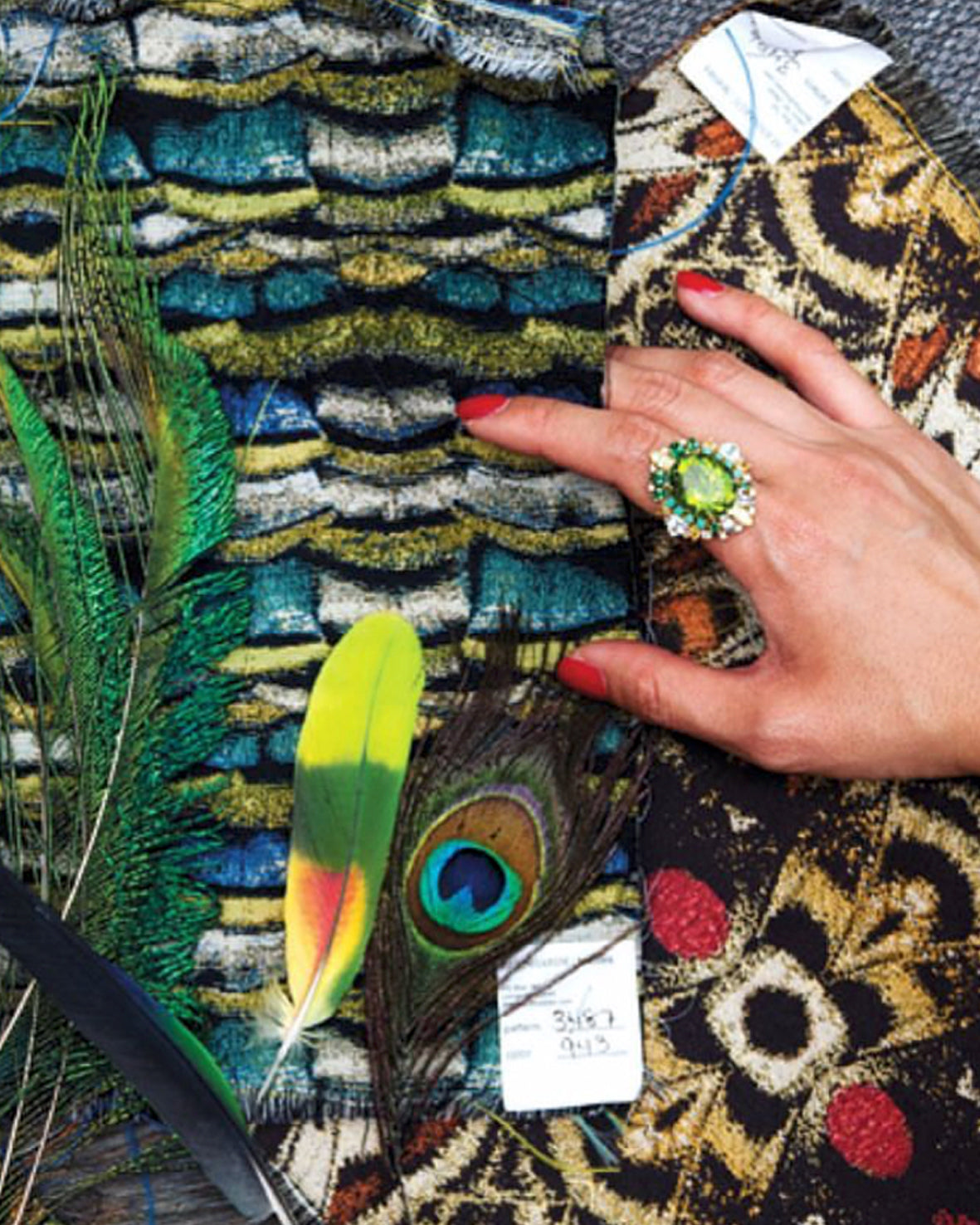 Collaborations
Collaborations
- Collaborations
- Haute Couture
- Discover all Collaborations
![]()
-
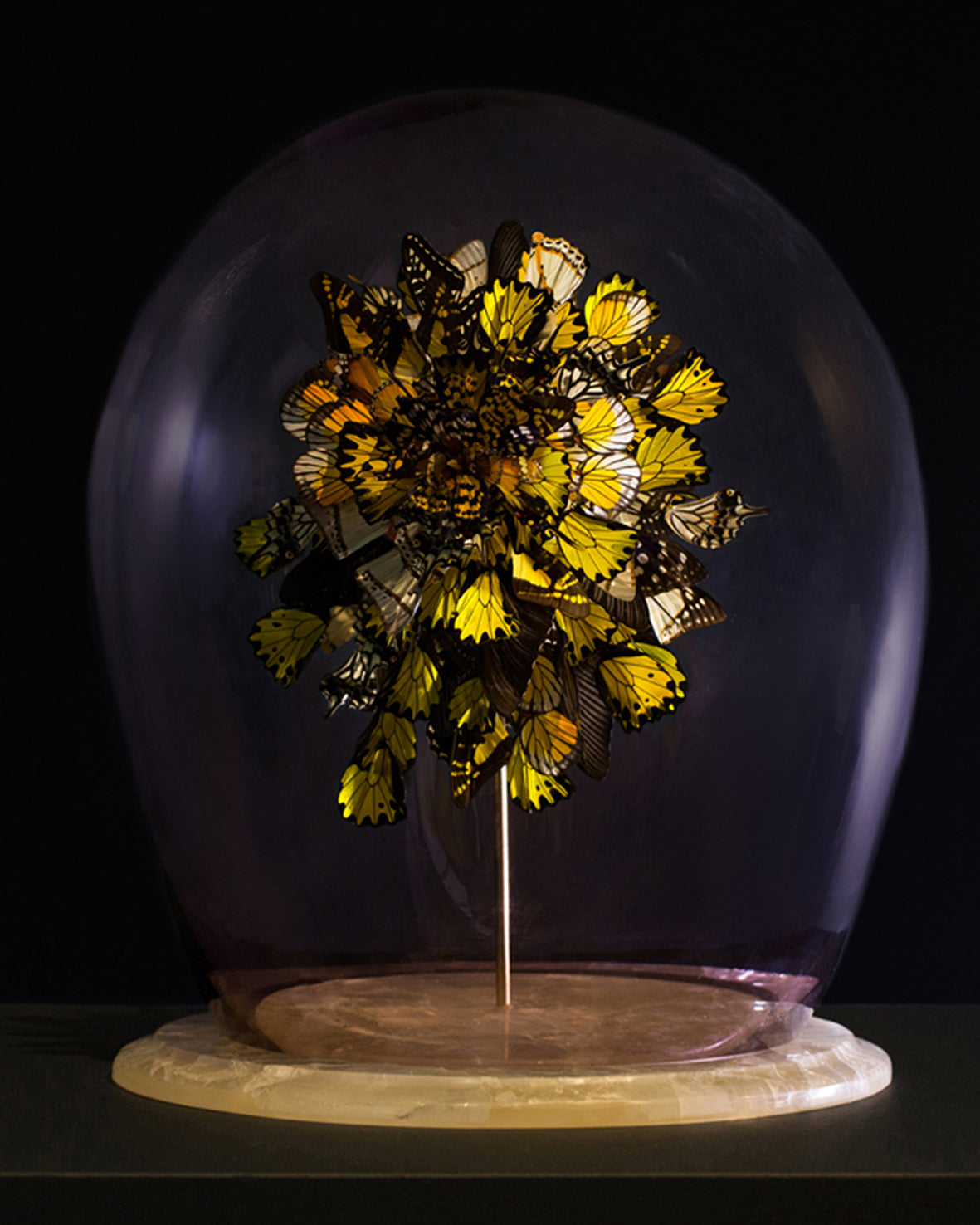 Art
Art
Our Impact. How We Make A Difference.
For every creation sold, we pledge to plant 100 Mangrove SeaTrees in the Ocean via The SeaTrees Project.
So, 1 AC Mermaids Tale jewel purchased = 100 mangrove trees planted with a capacity to store 30 tons CO₂ over 25 years. Our AC Ocean Initiative alone has the capacity to remove ~7,400 tons CO₂ from entering the atmosphere since 2021 to date.
Mermaid's Tale. A collection inspired by the Ocean, Made with Ocean waste metals, Pledged to restore Ocean ecosystems.
The Ocean has the power to reverse climate change. The Ocean produces up to 80% of the air we breathe. Coastal ecosystems such as kelp forests, mangroves and seagrass can sequester up to 20 times more carbon per acre than land forests.
One mangrove tree stores 0.3 ton of CO₂, creates critical habitat for marine life and provides sustainable employment for local communities.
A Story from Ocean Trash to Treasures
AC x the SeaTrees Project
Together with SeeTrees we work with local communities on Biak Island, West Papua Indonesia and the Marereni, Kenya to restore highly degraded mangrove forests.
Discover More
PHILANTHROPY
- Choosing a selection results in a full page refresh.


